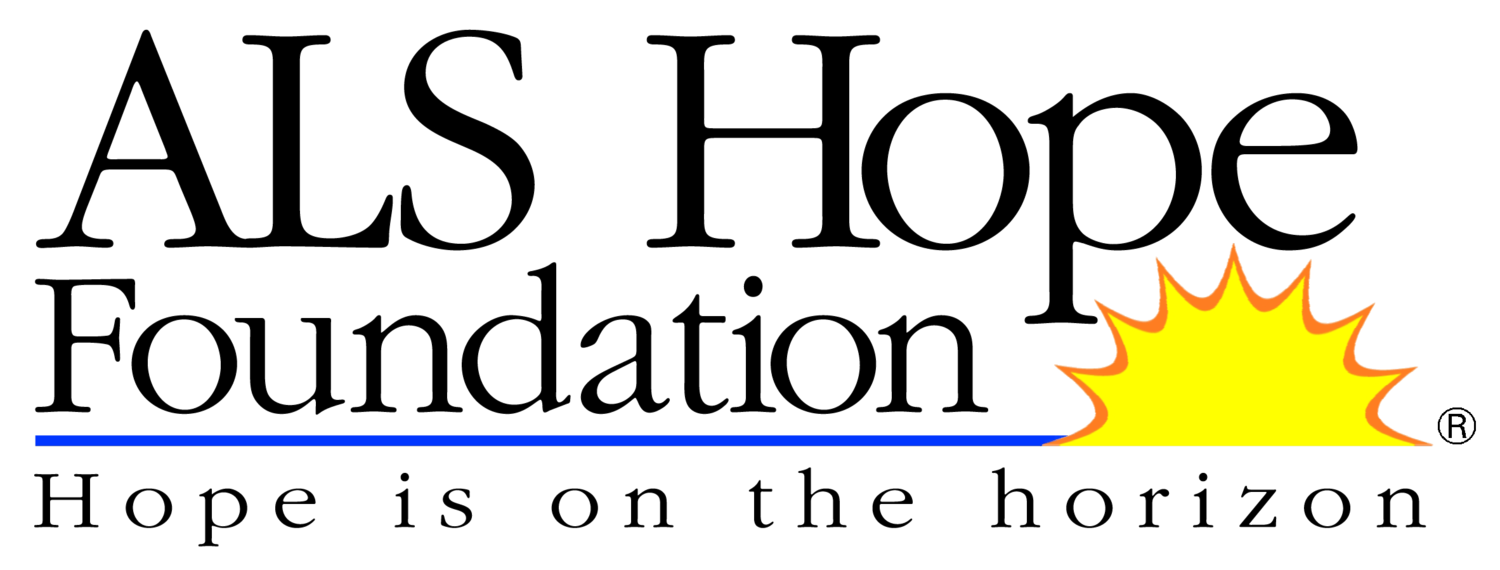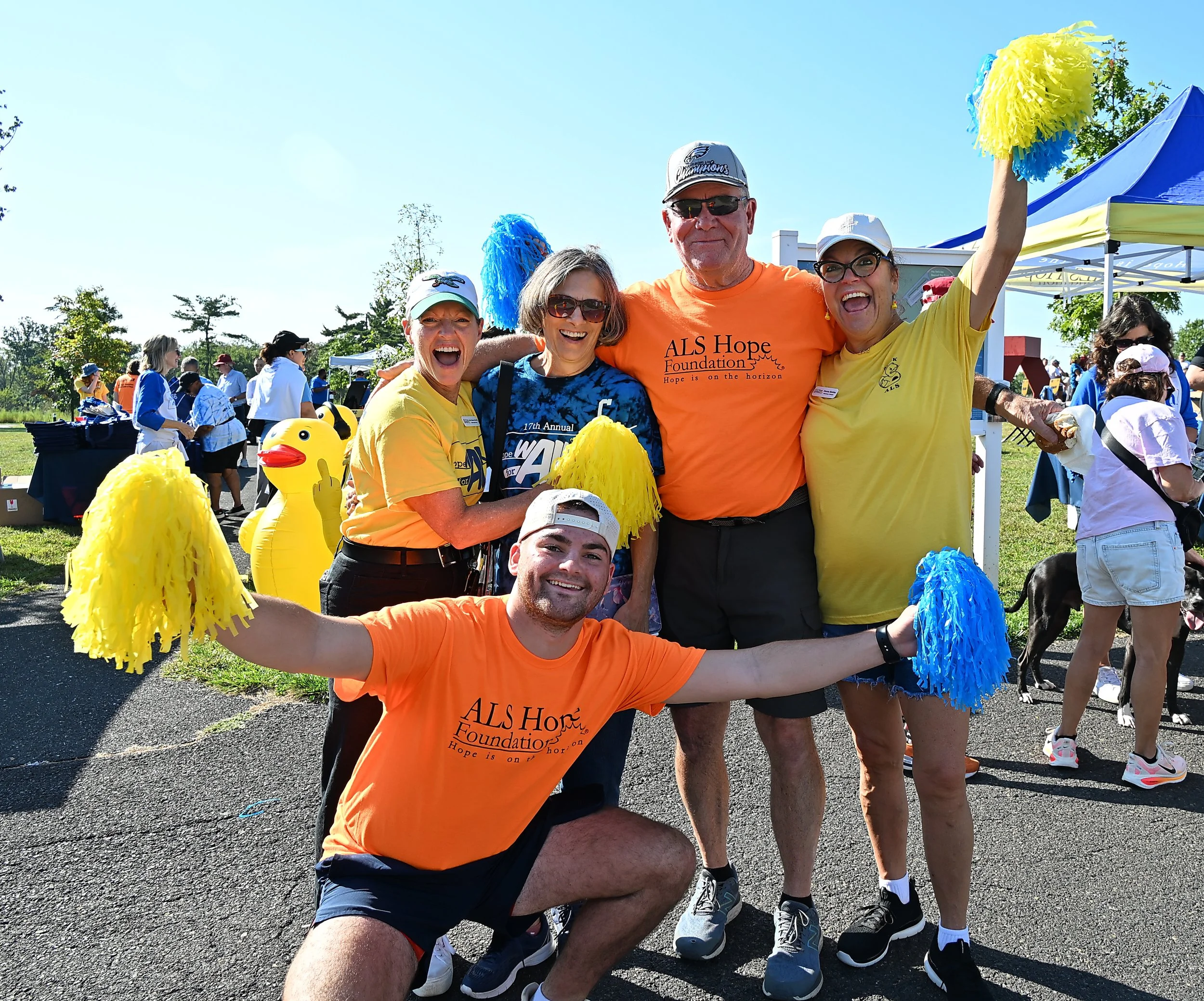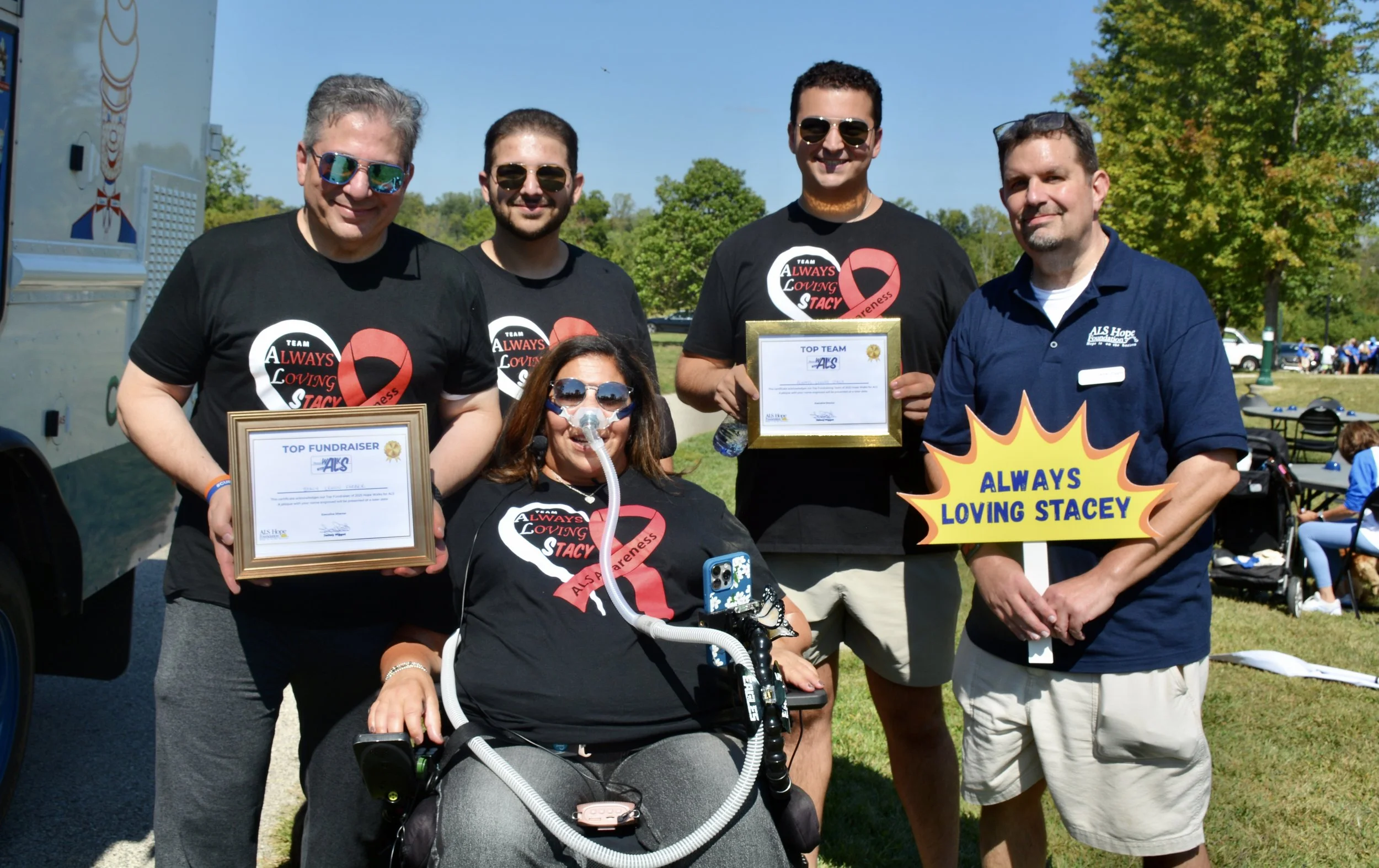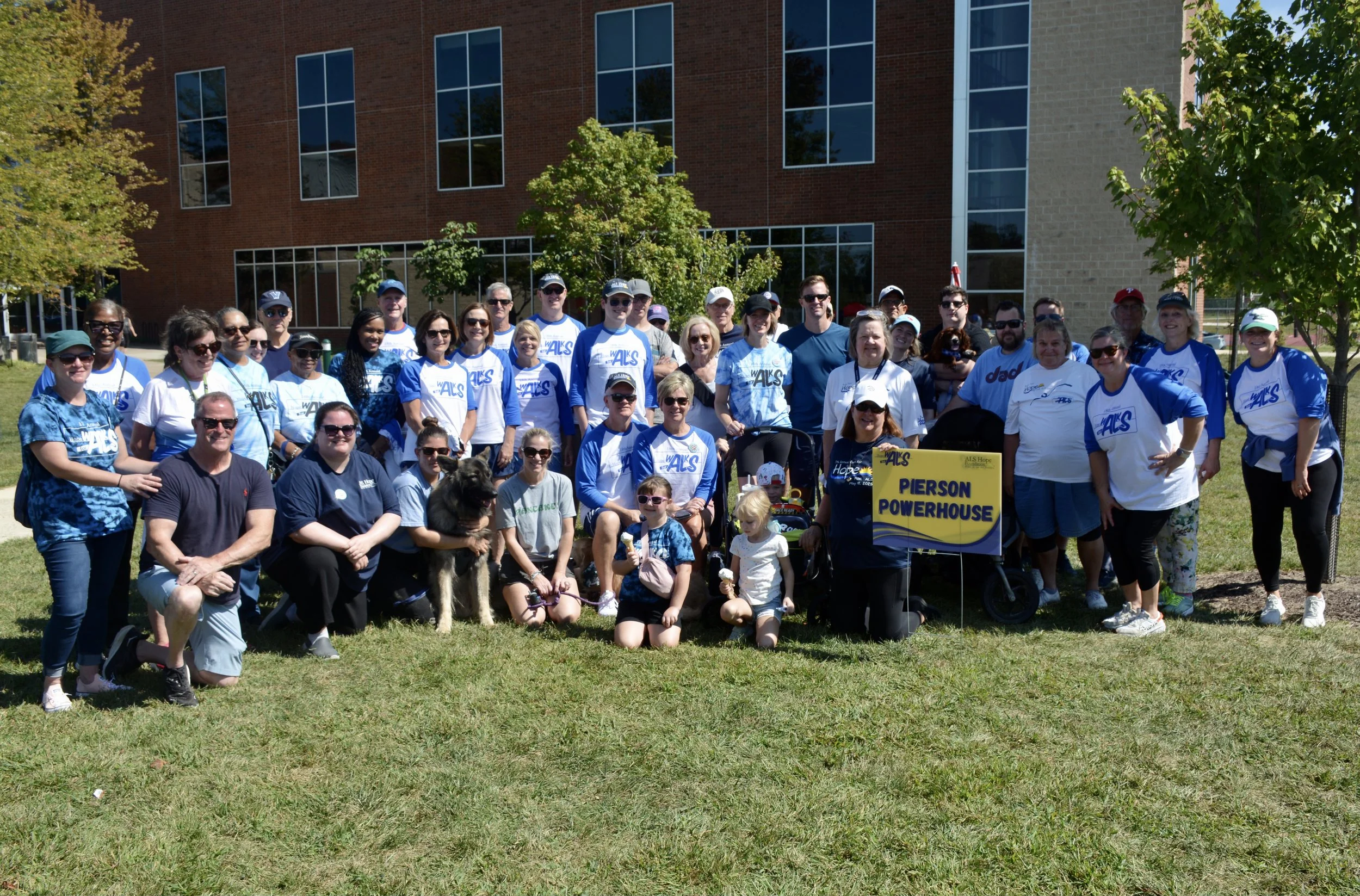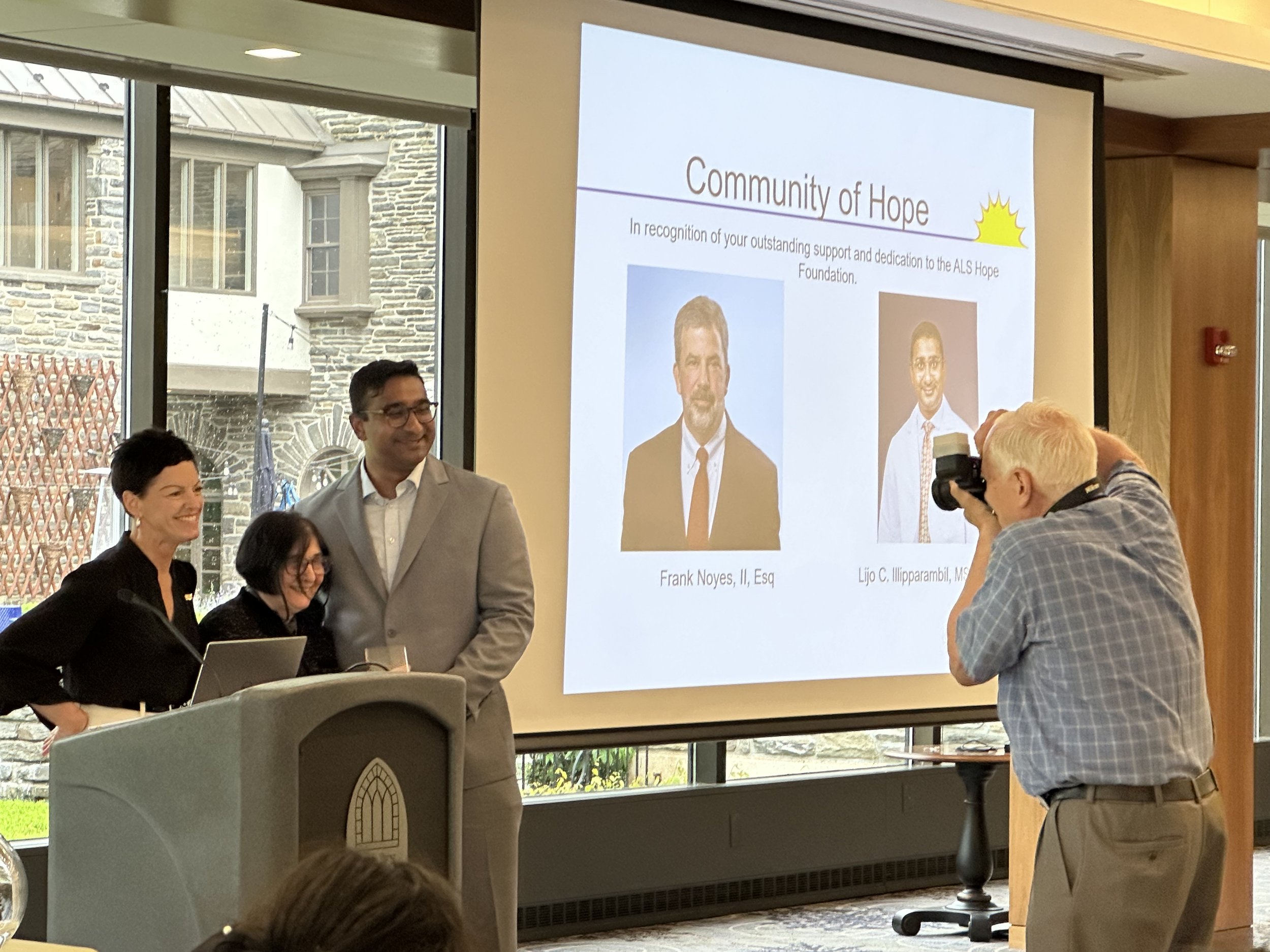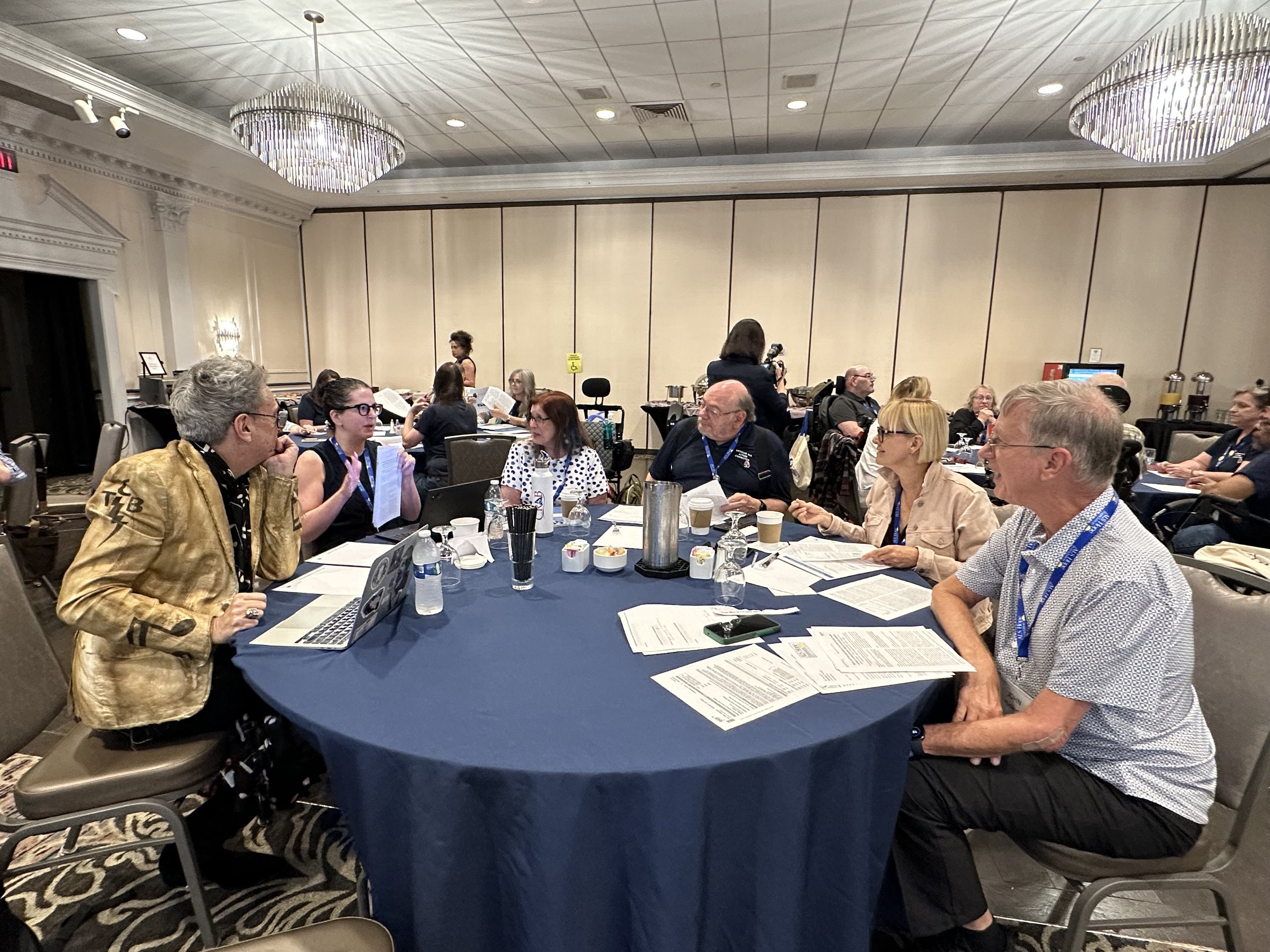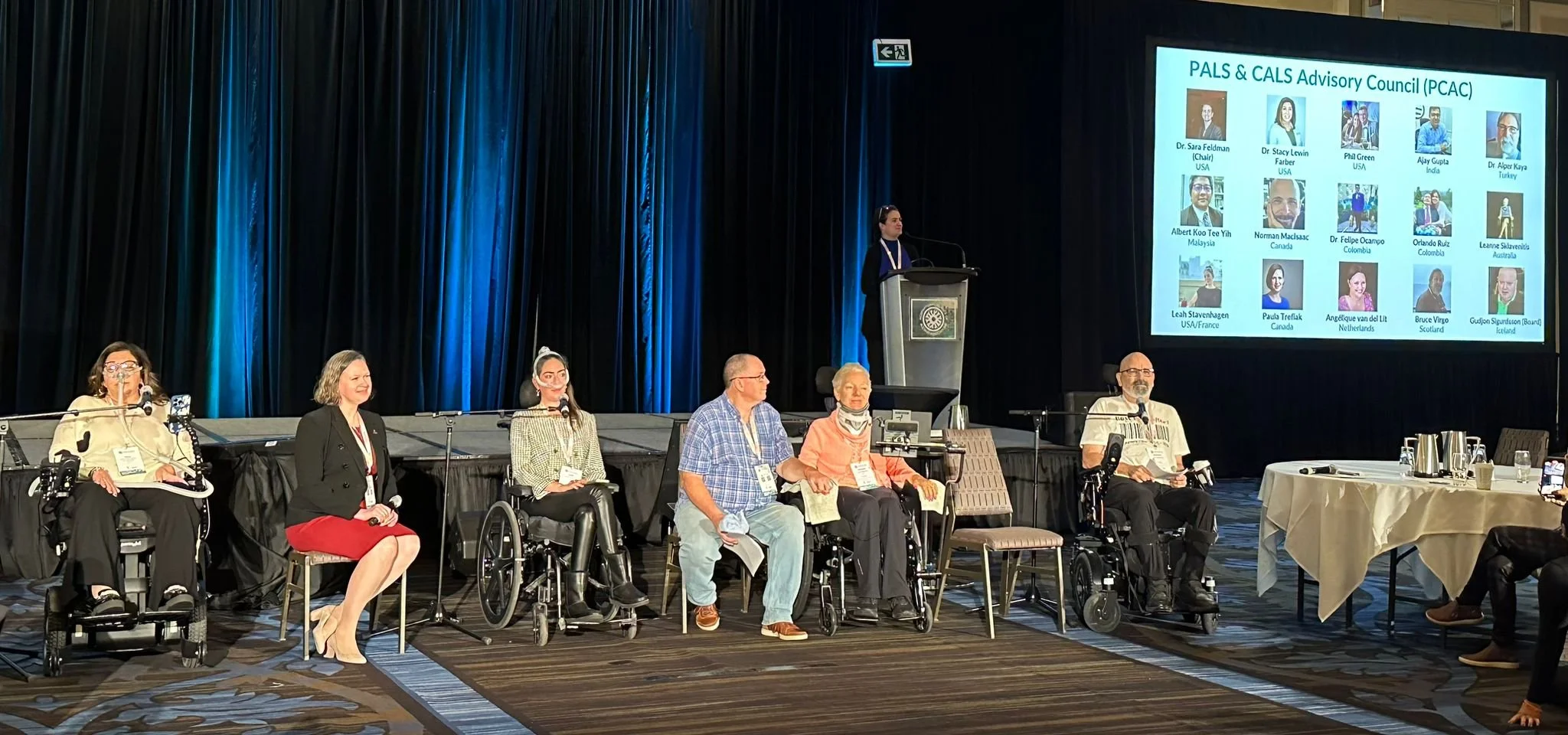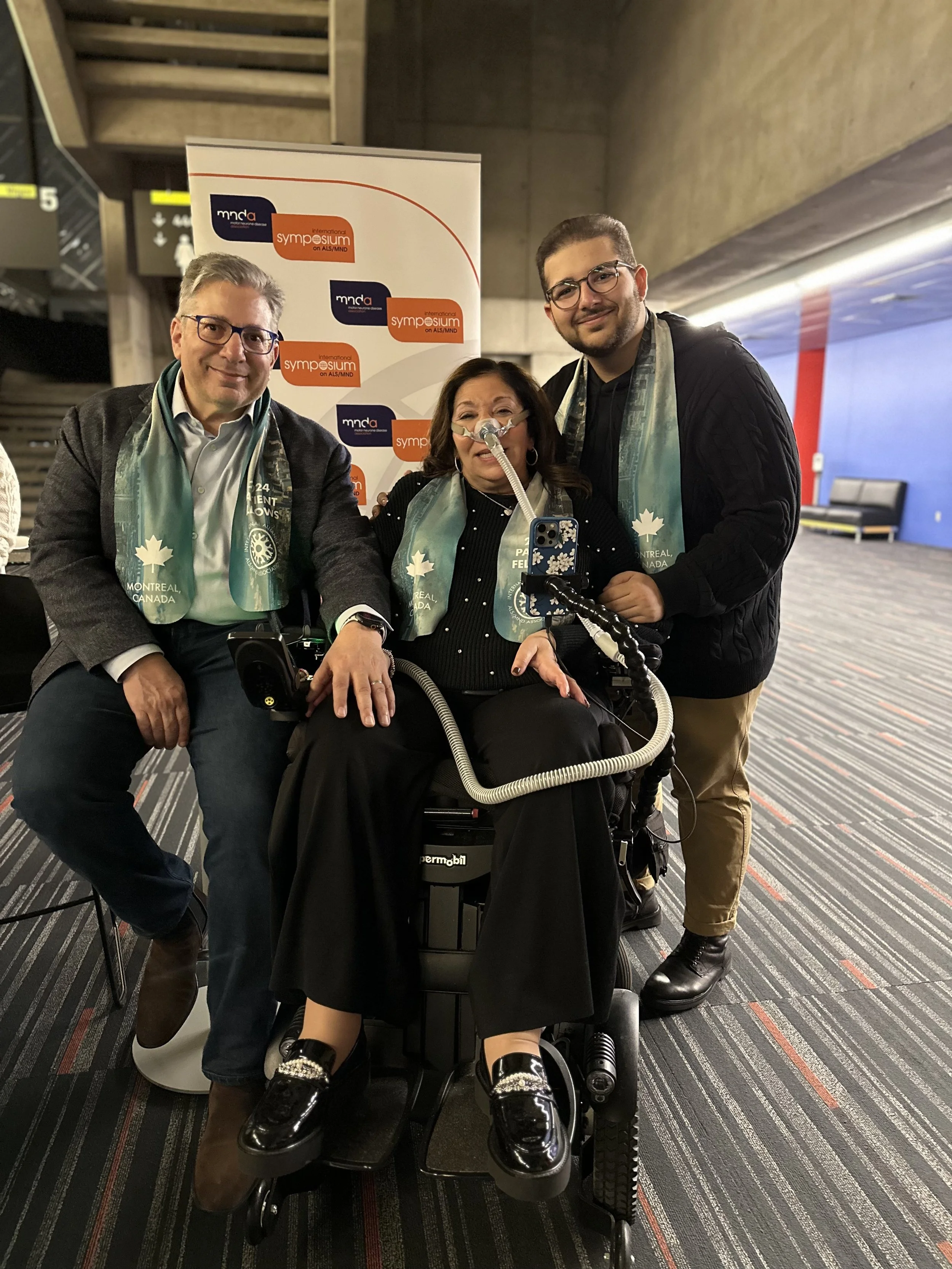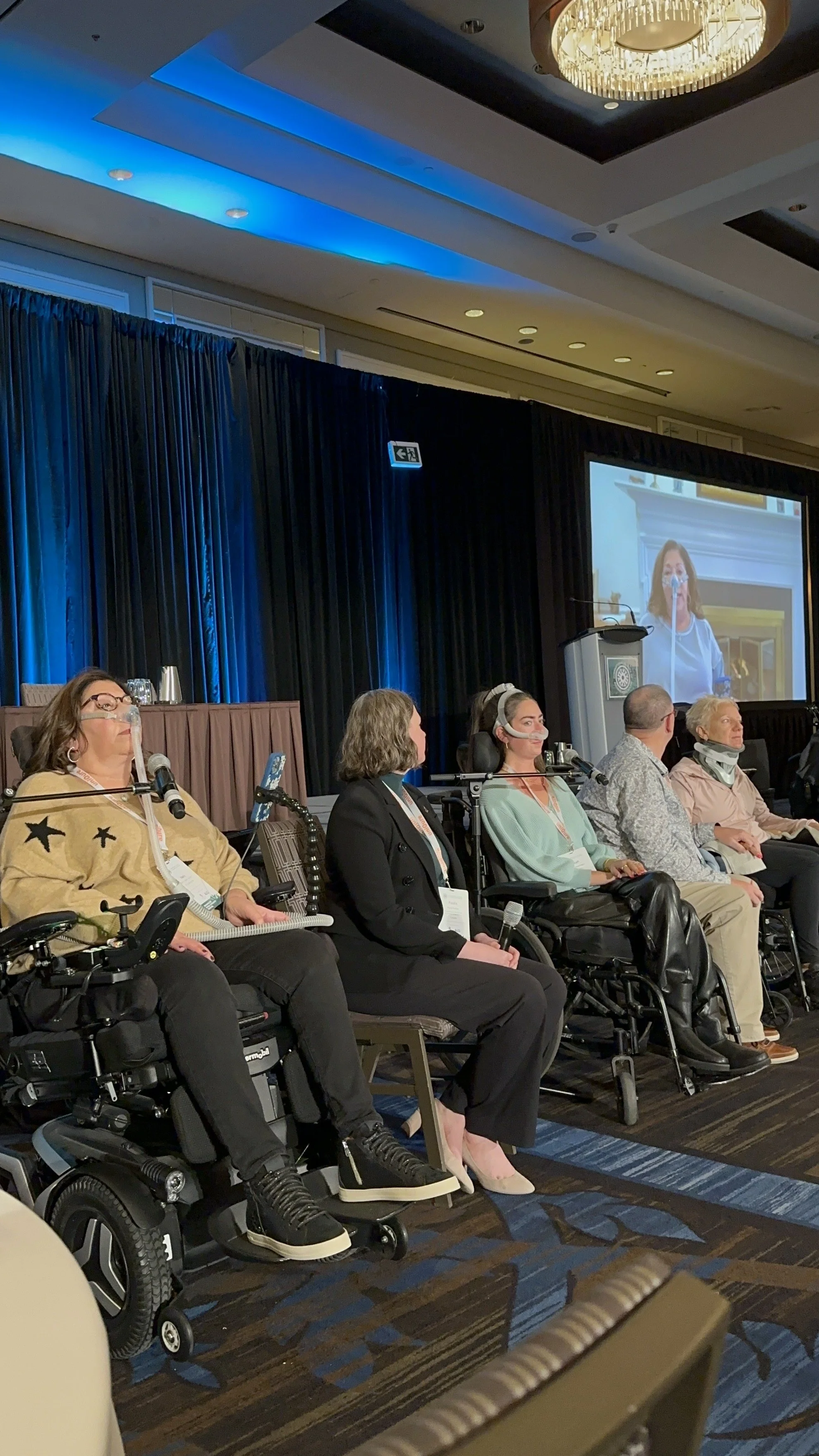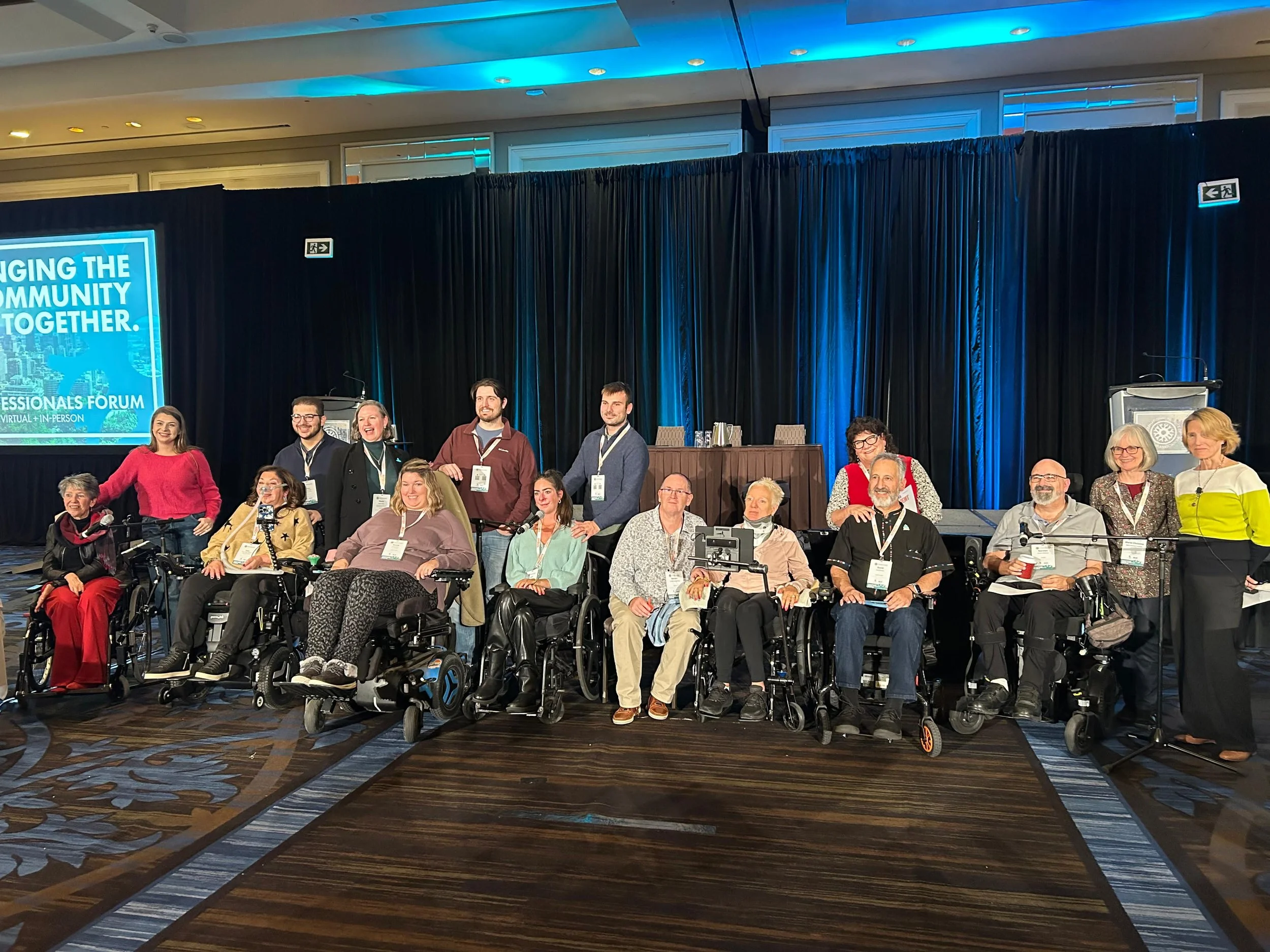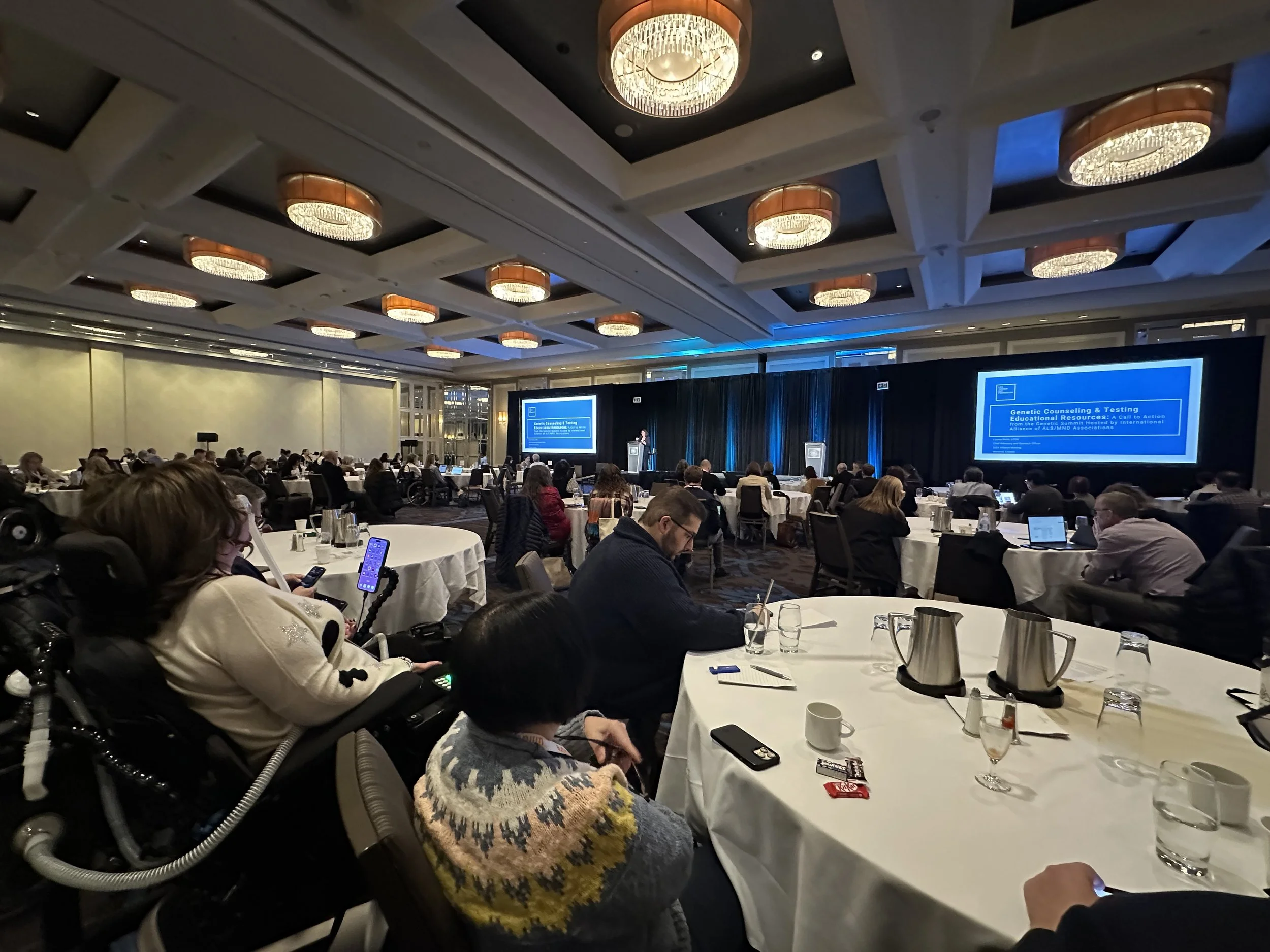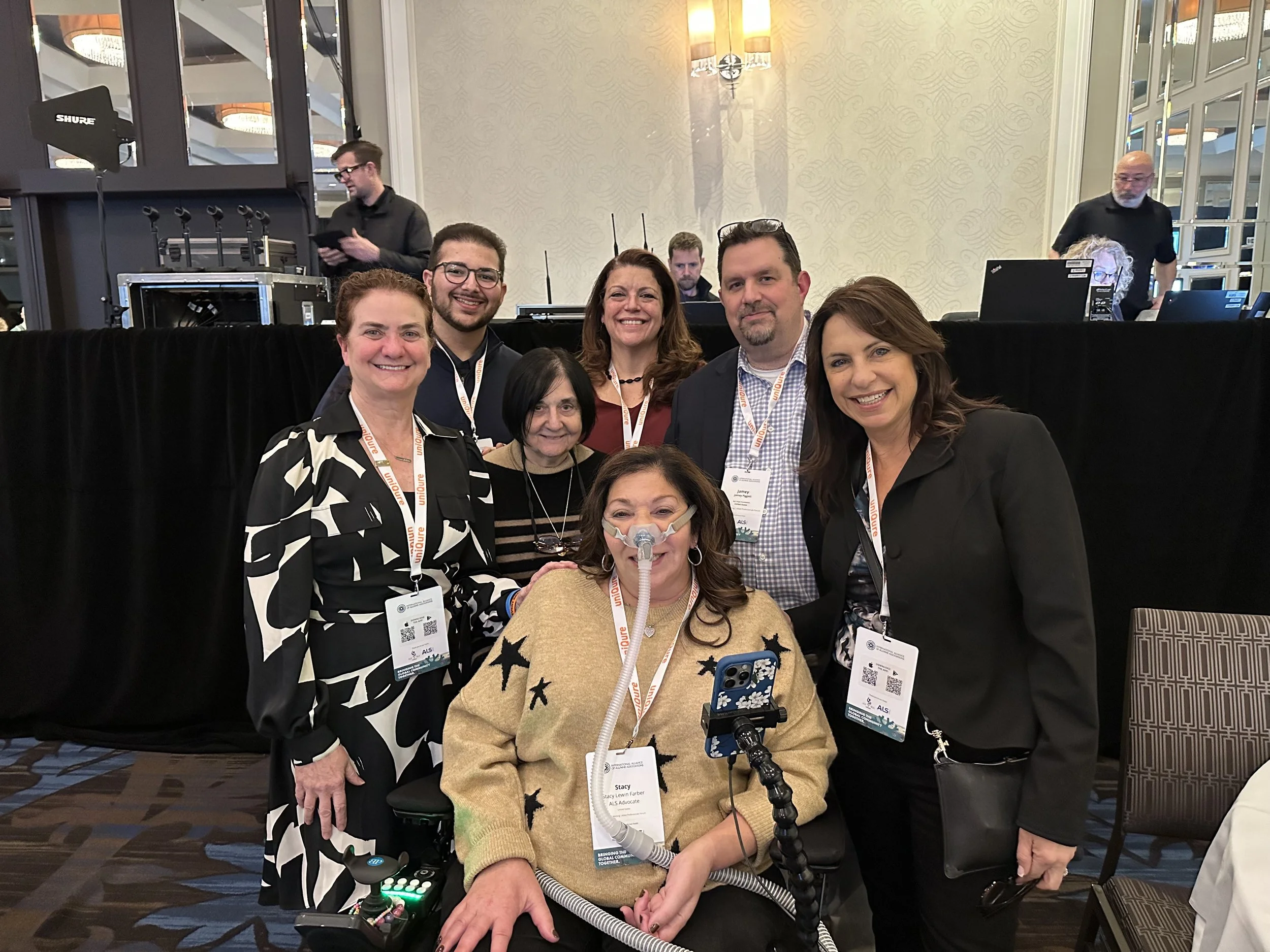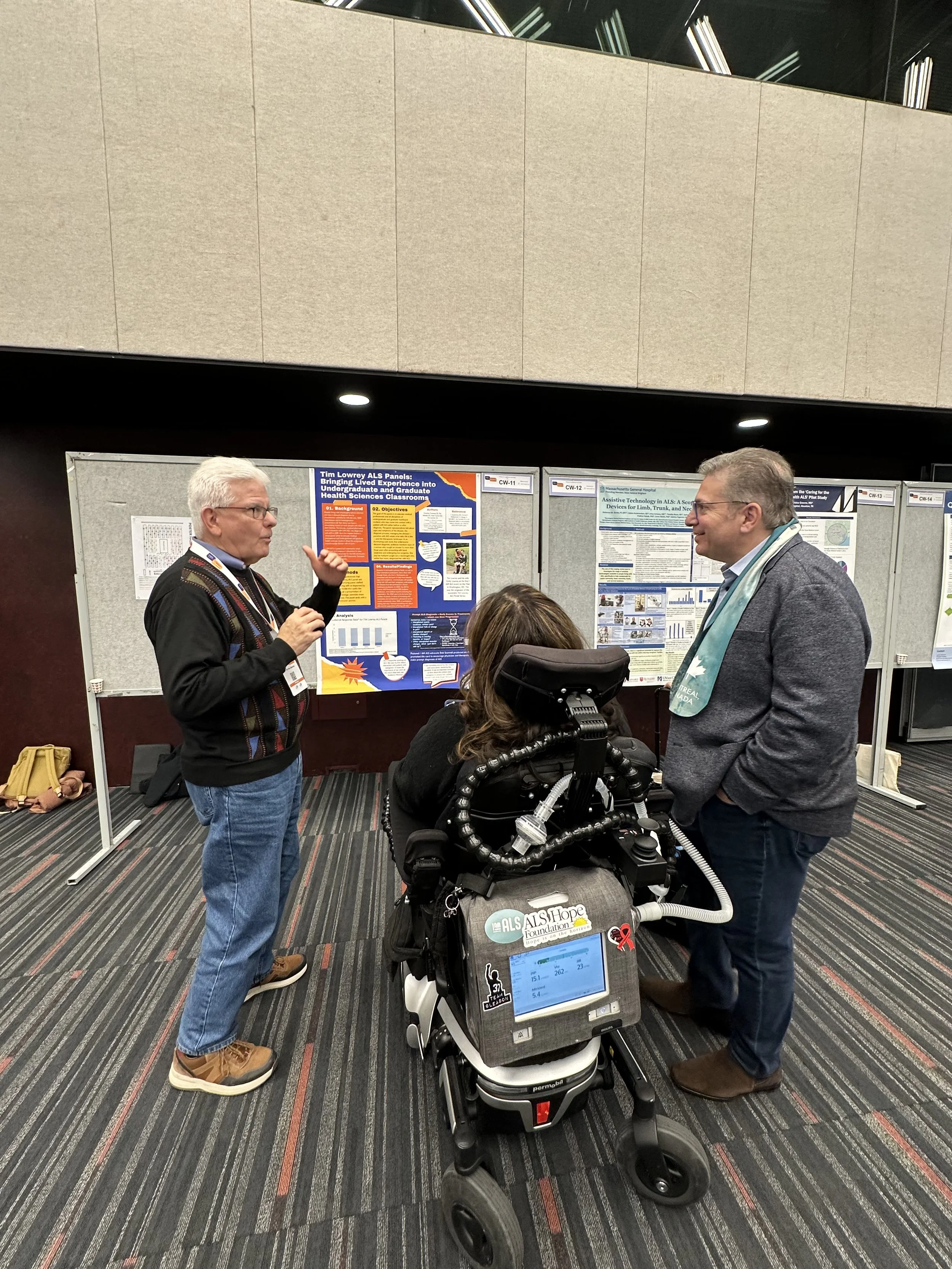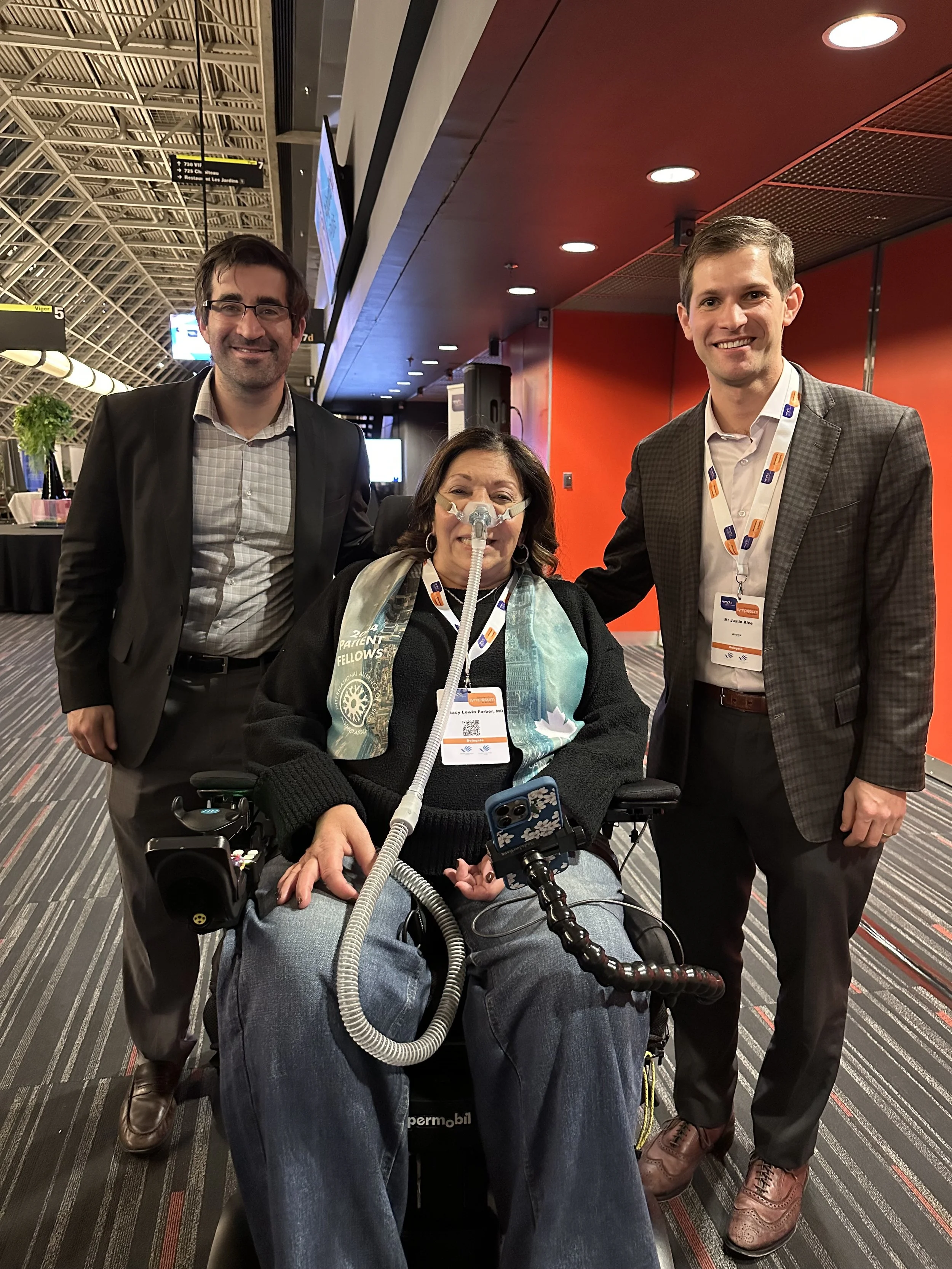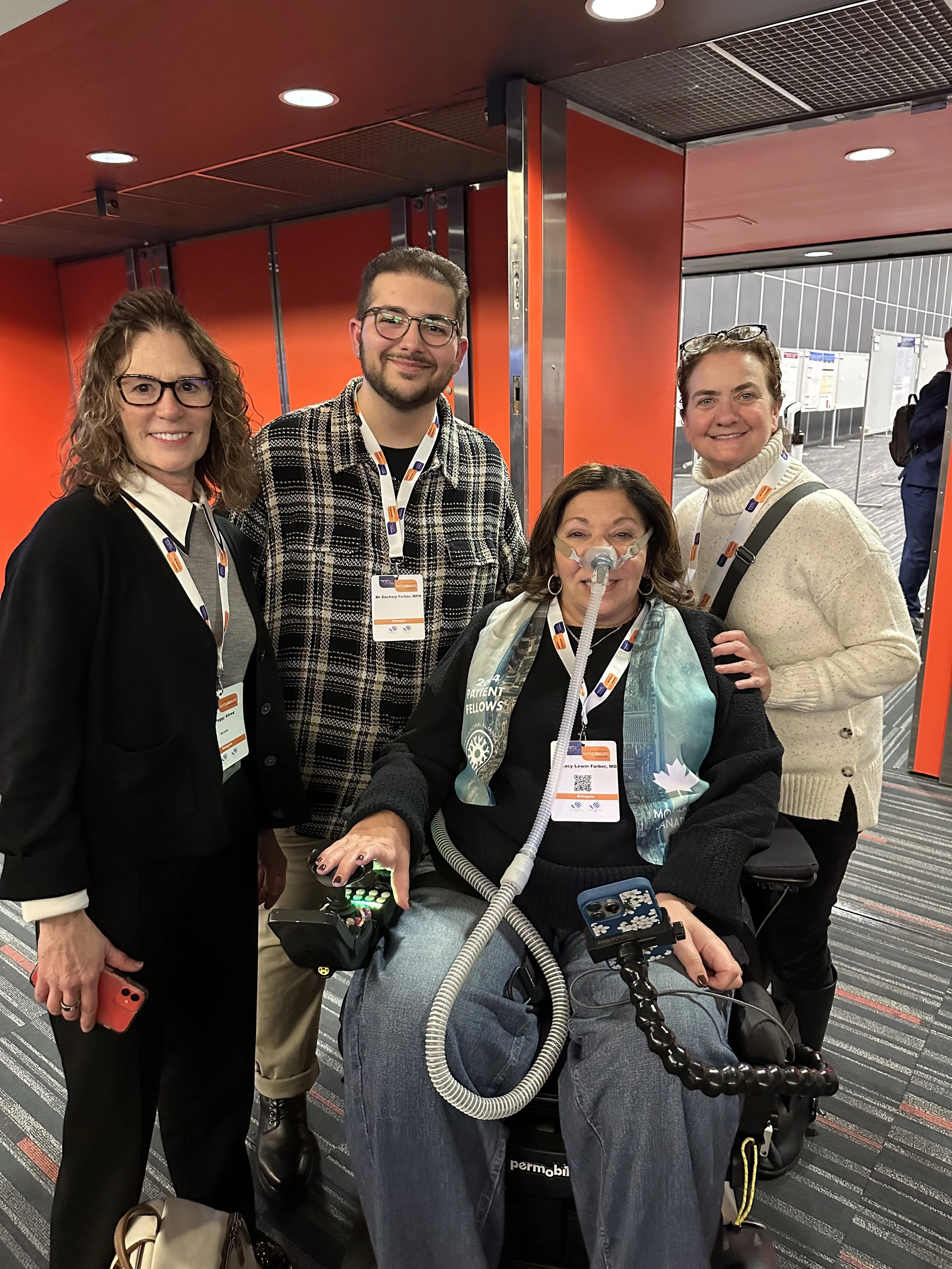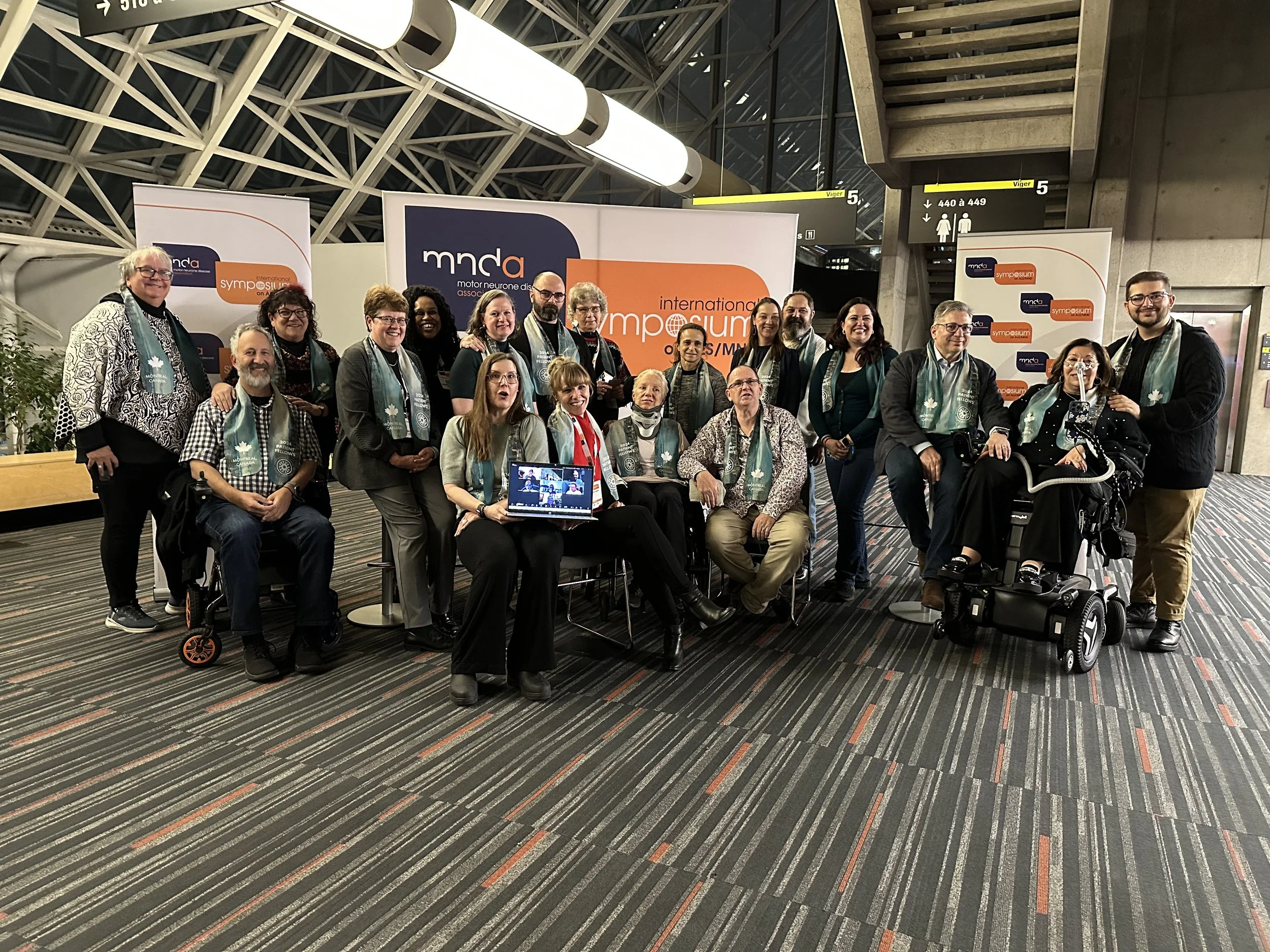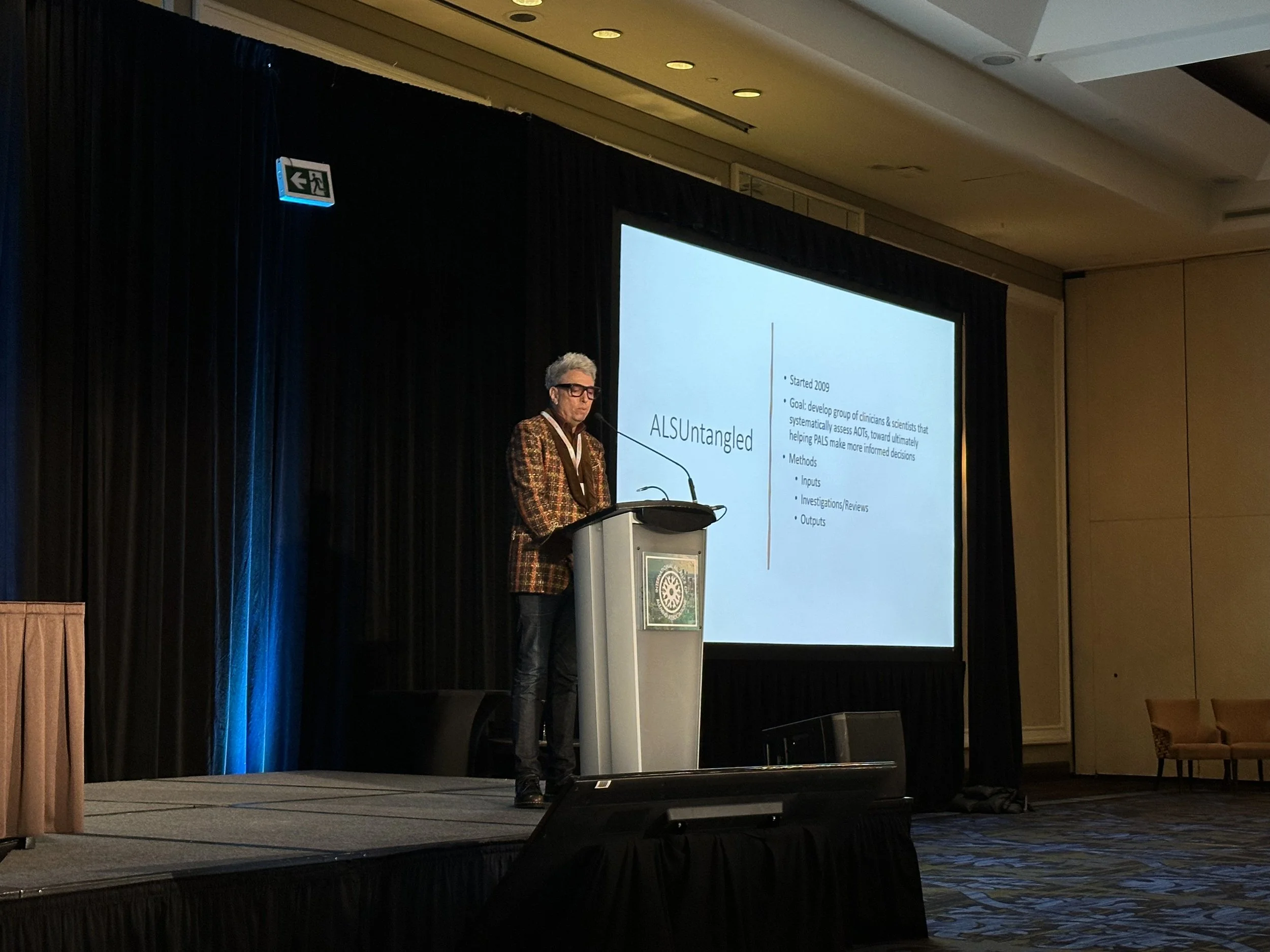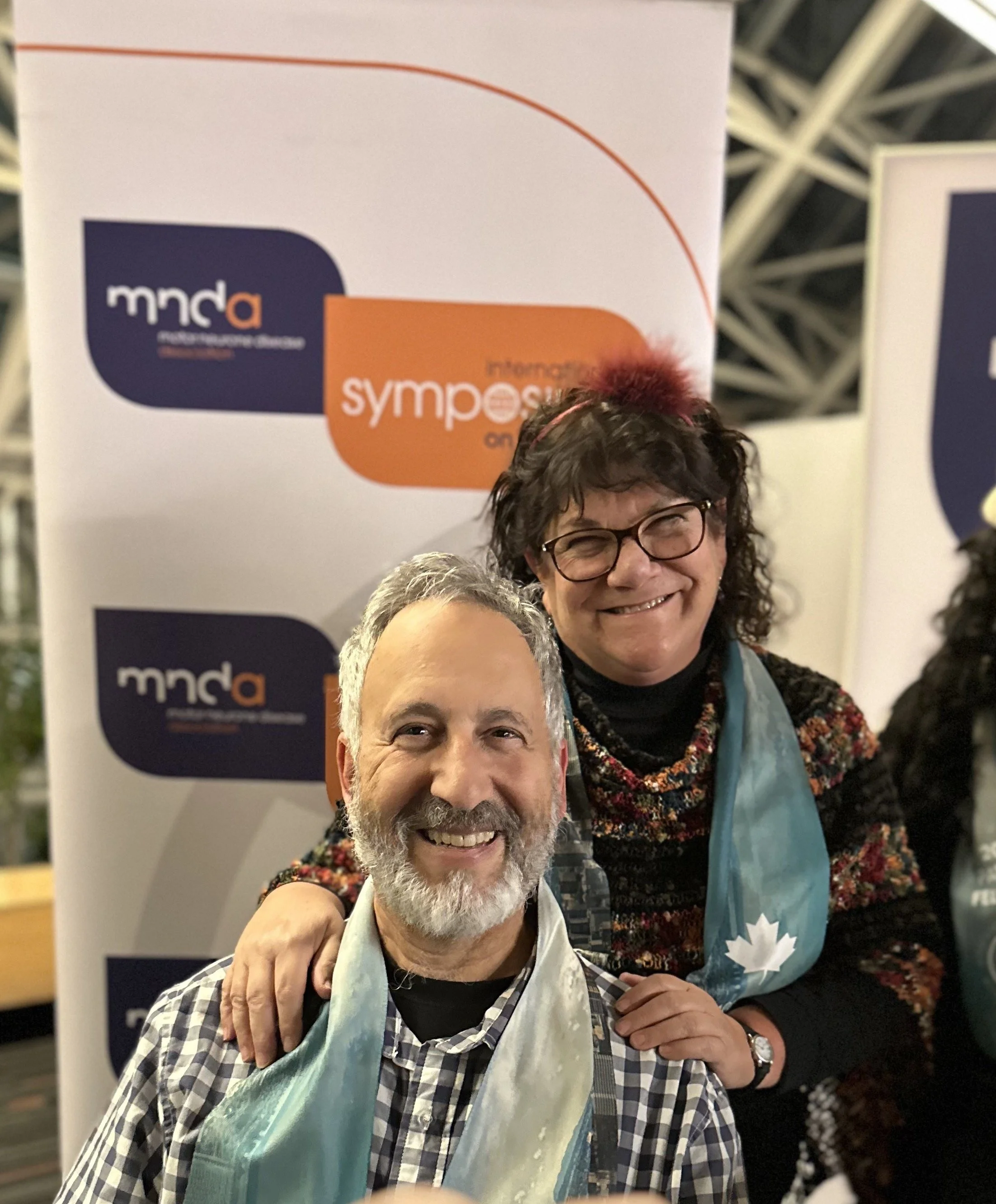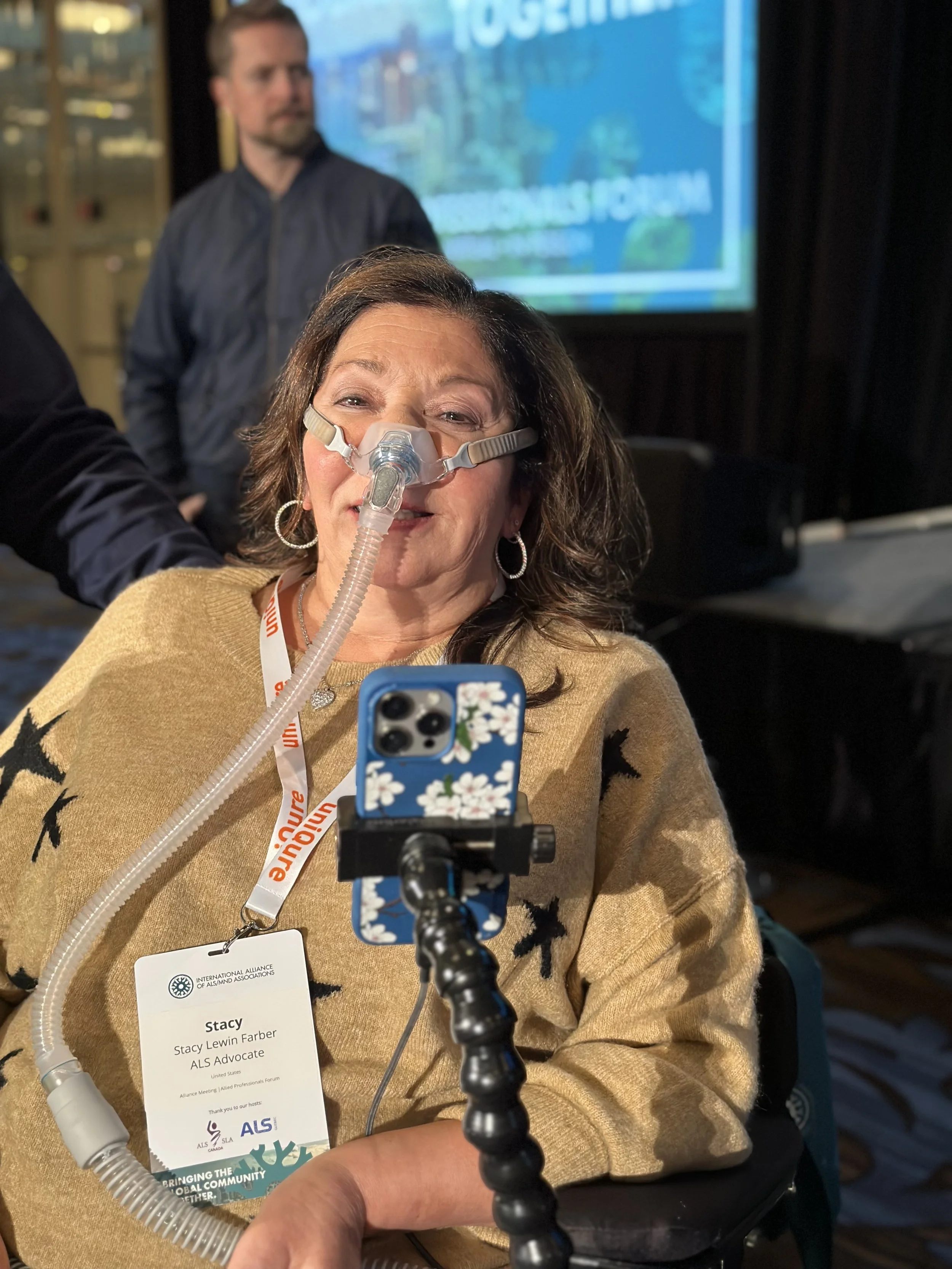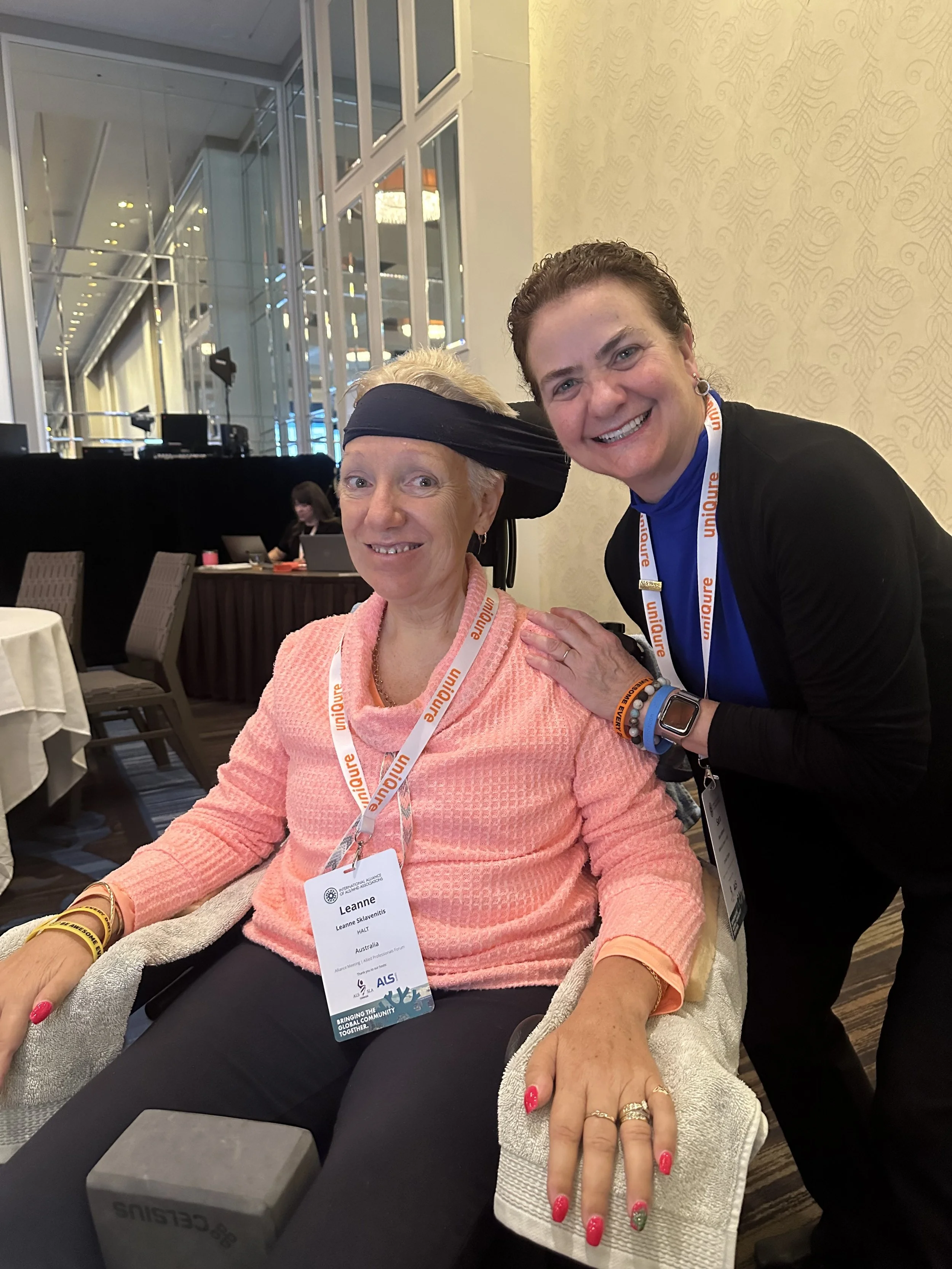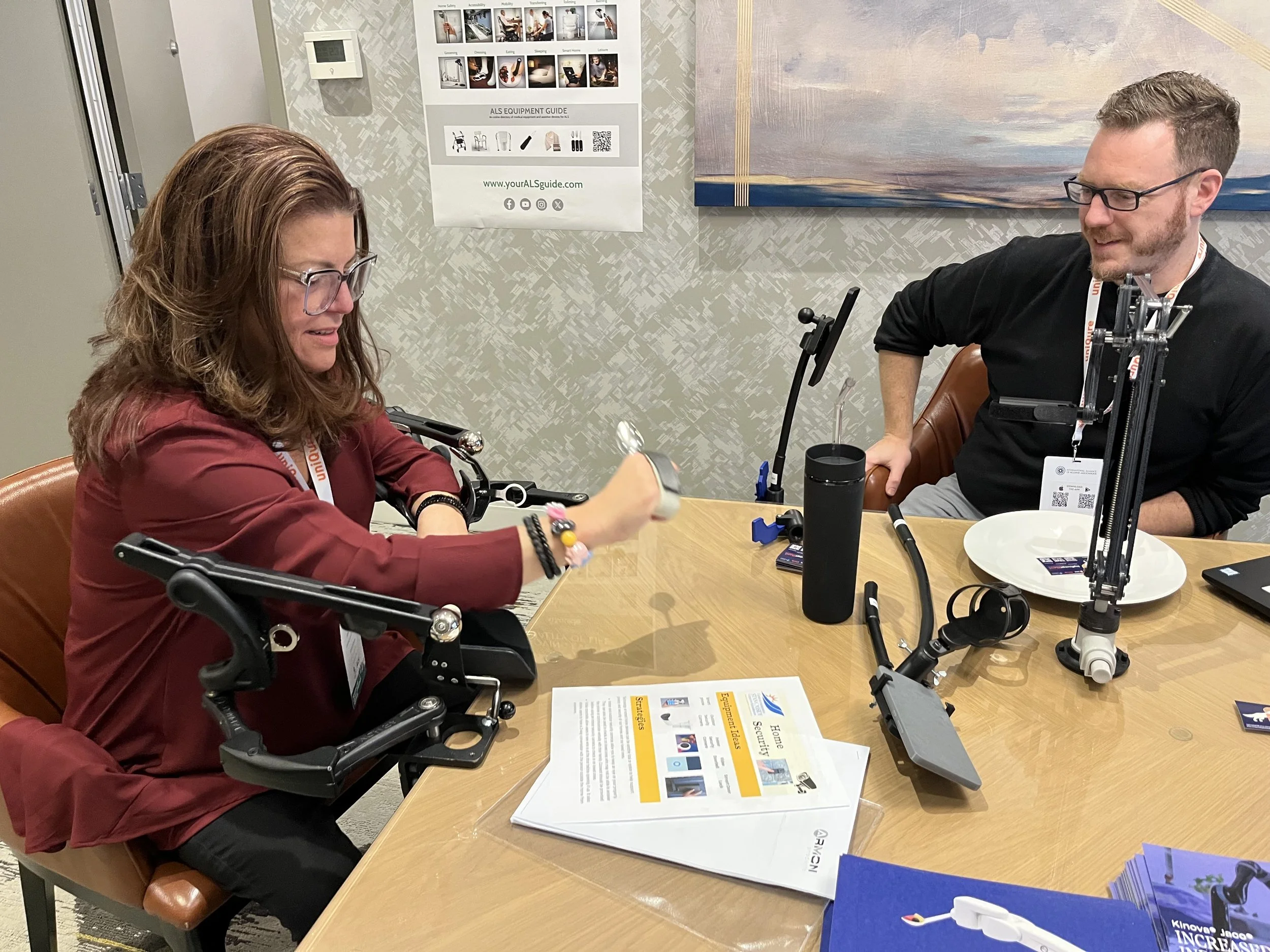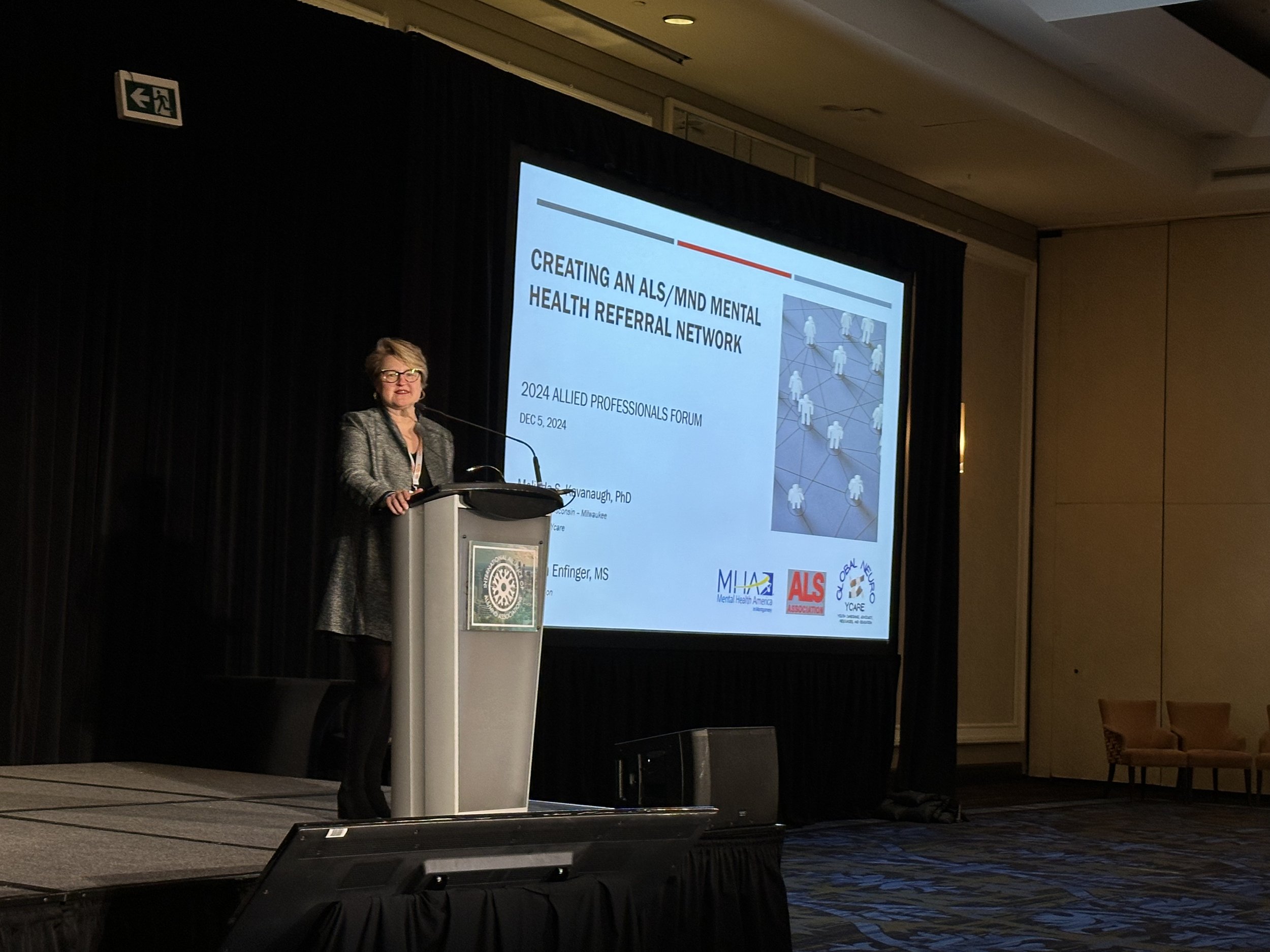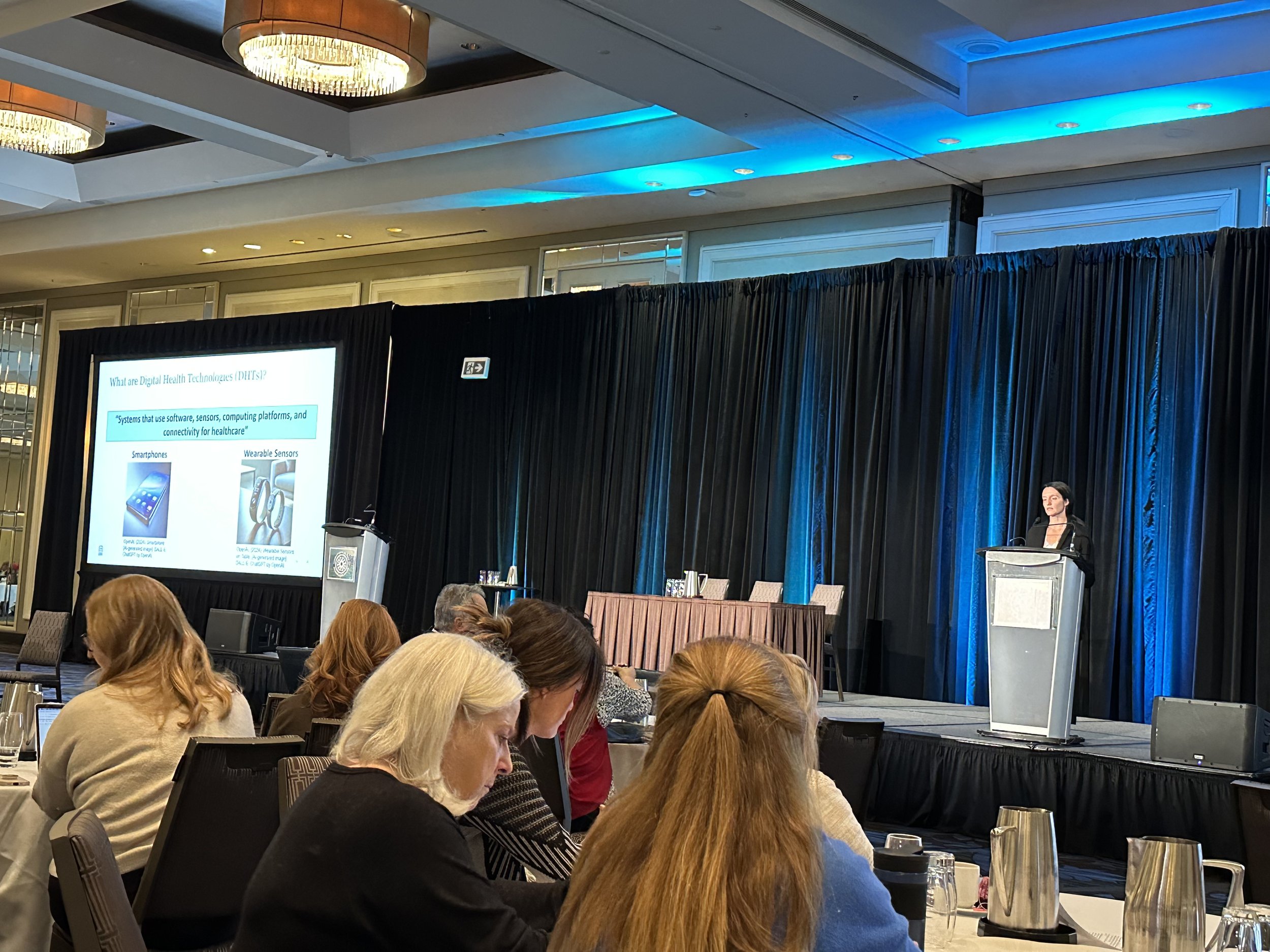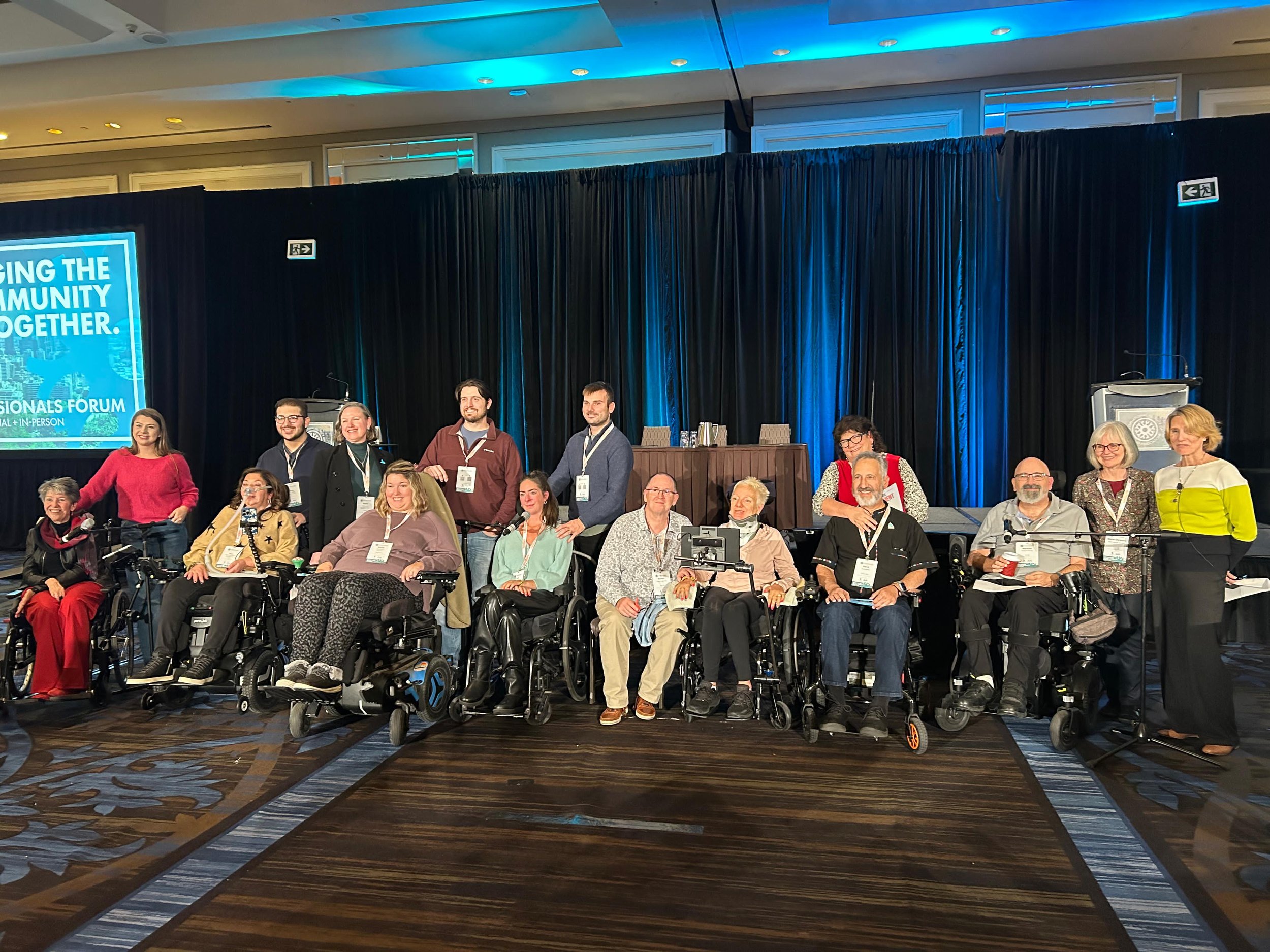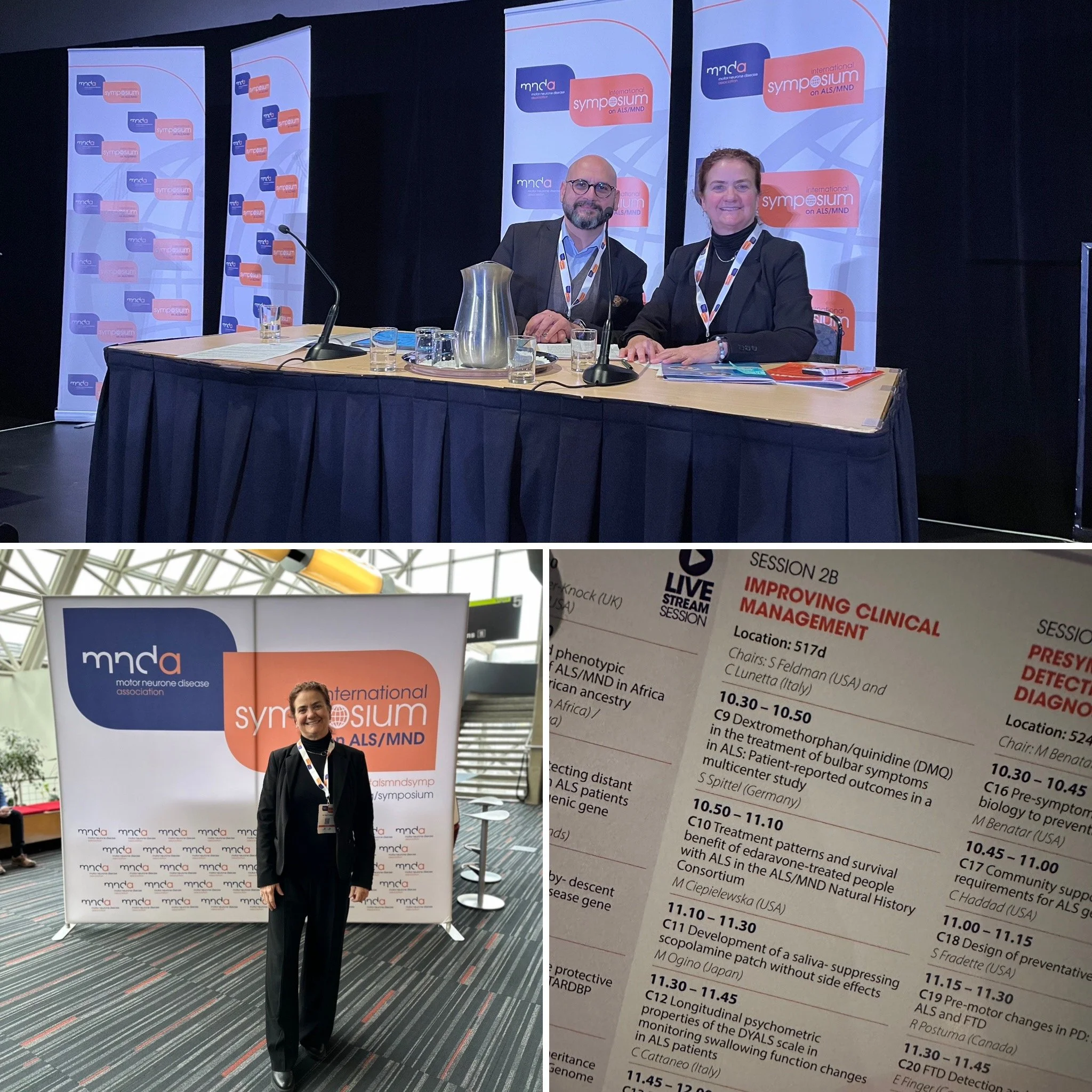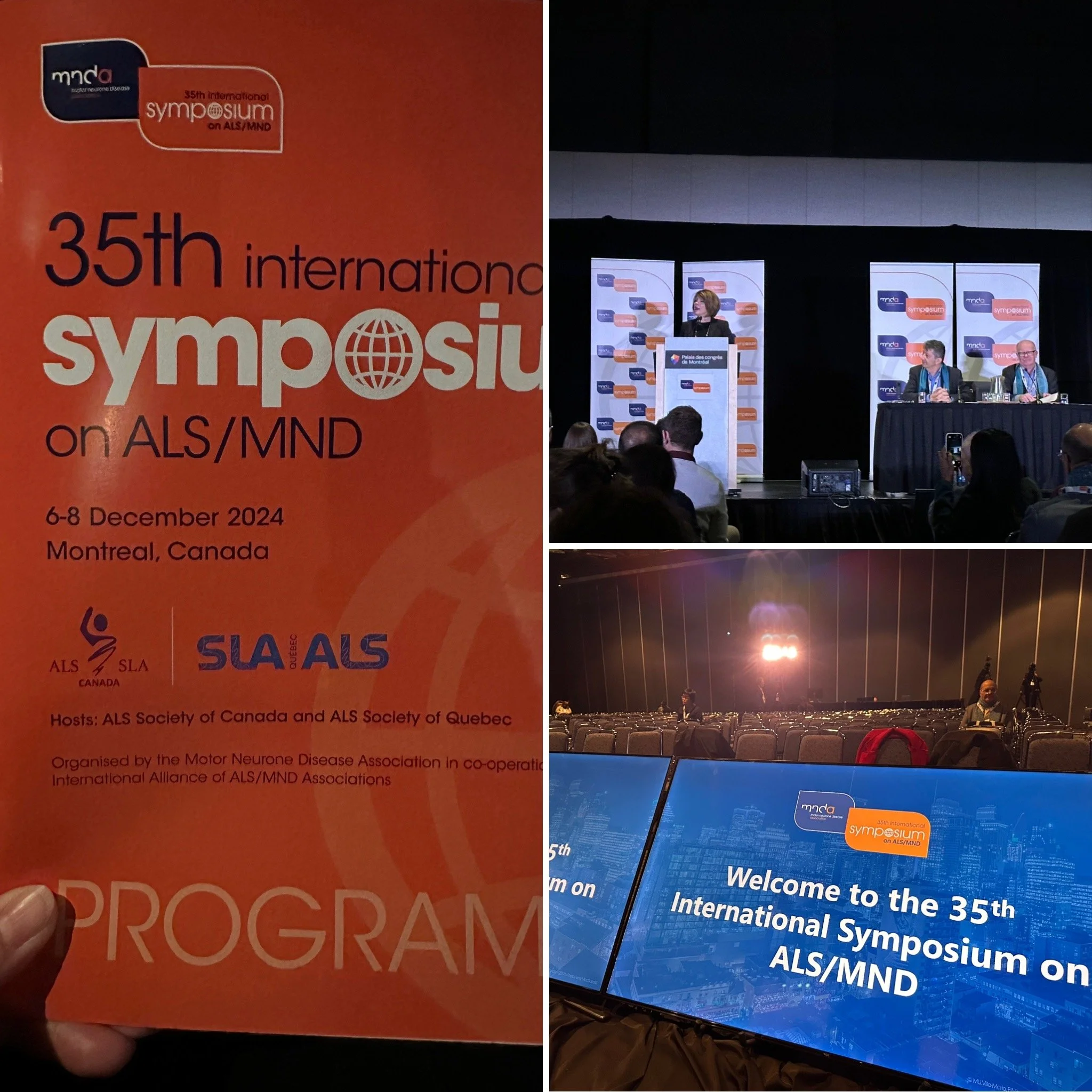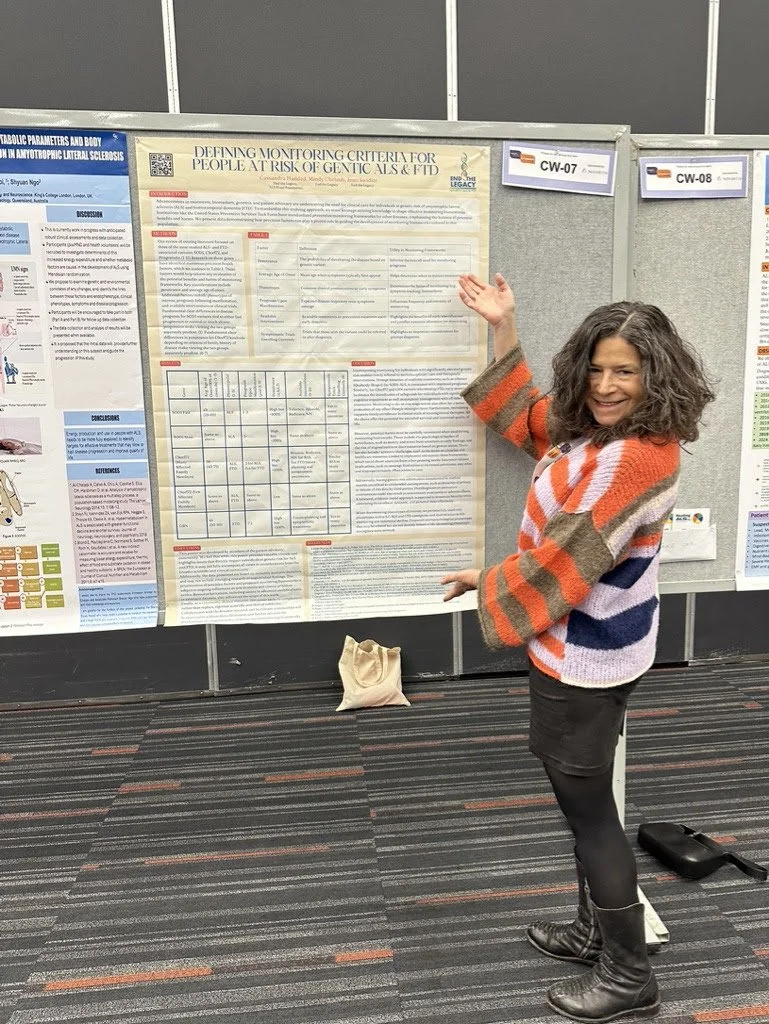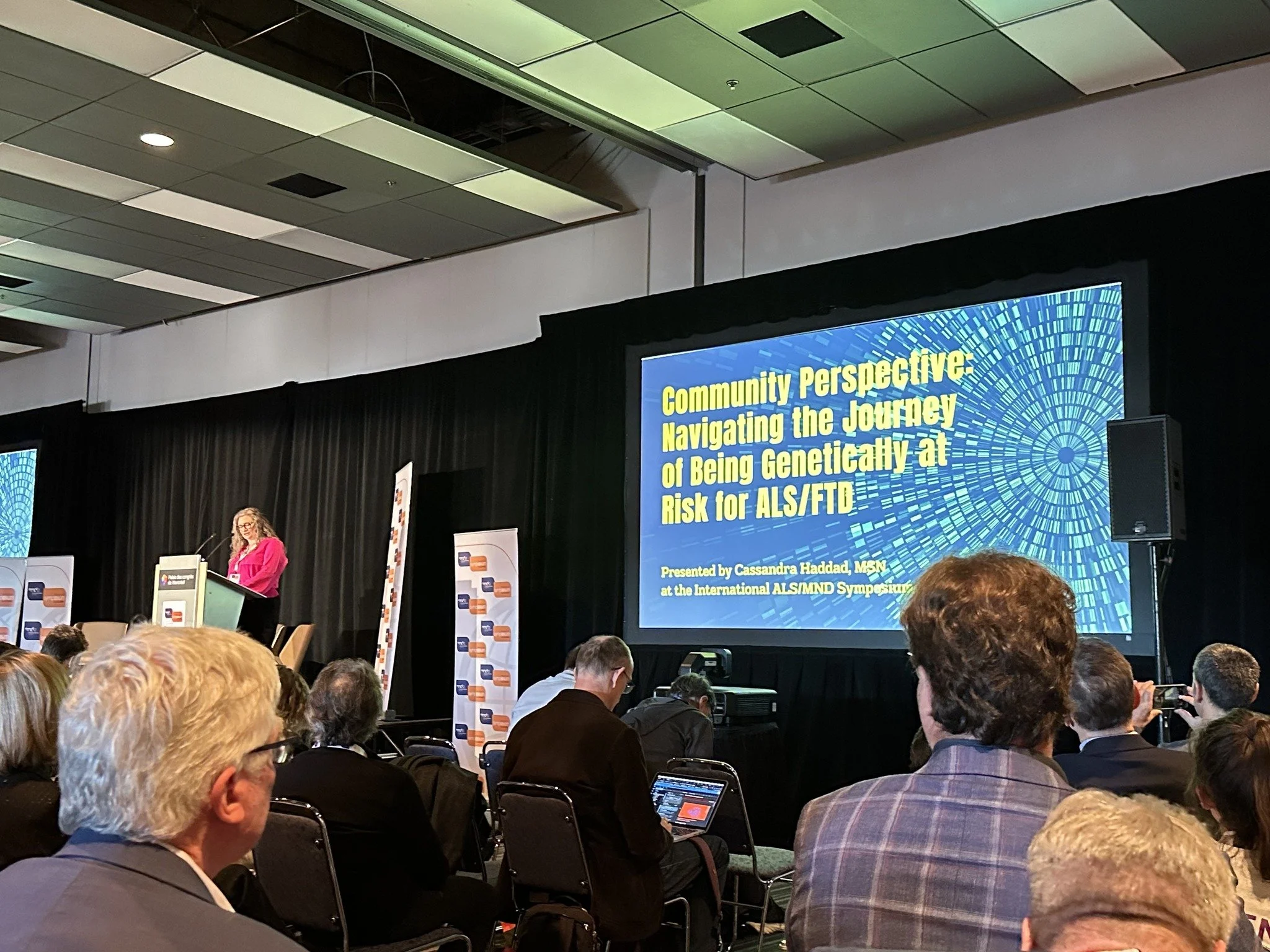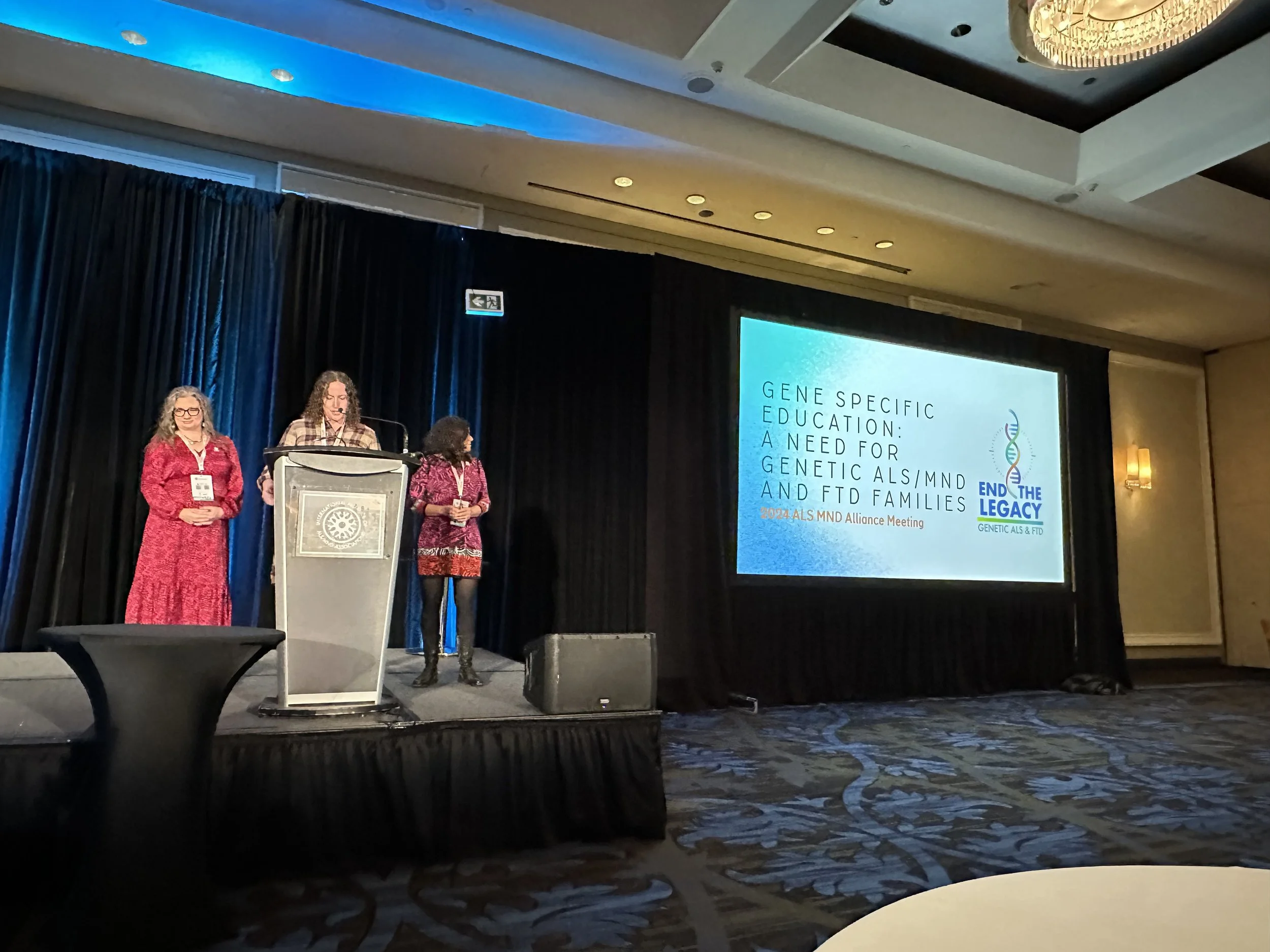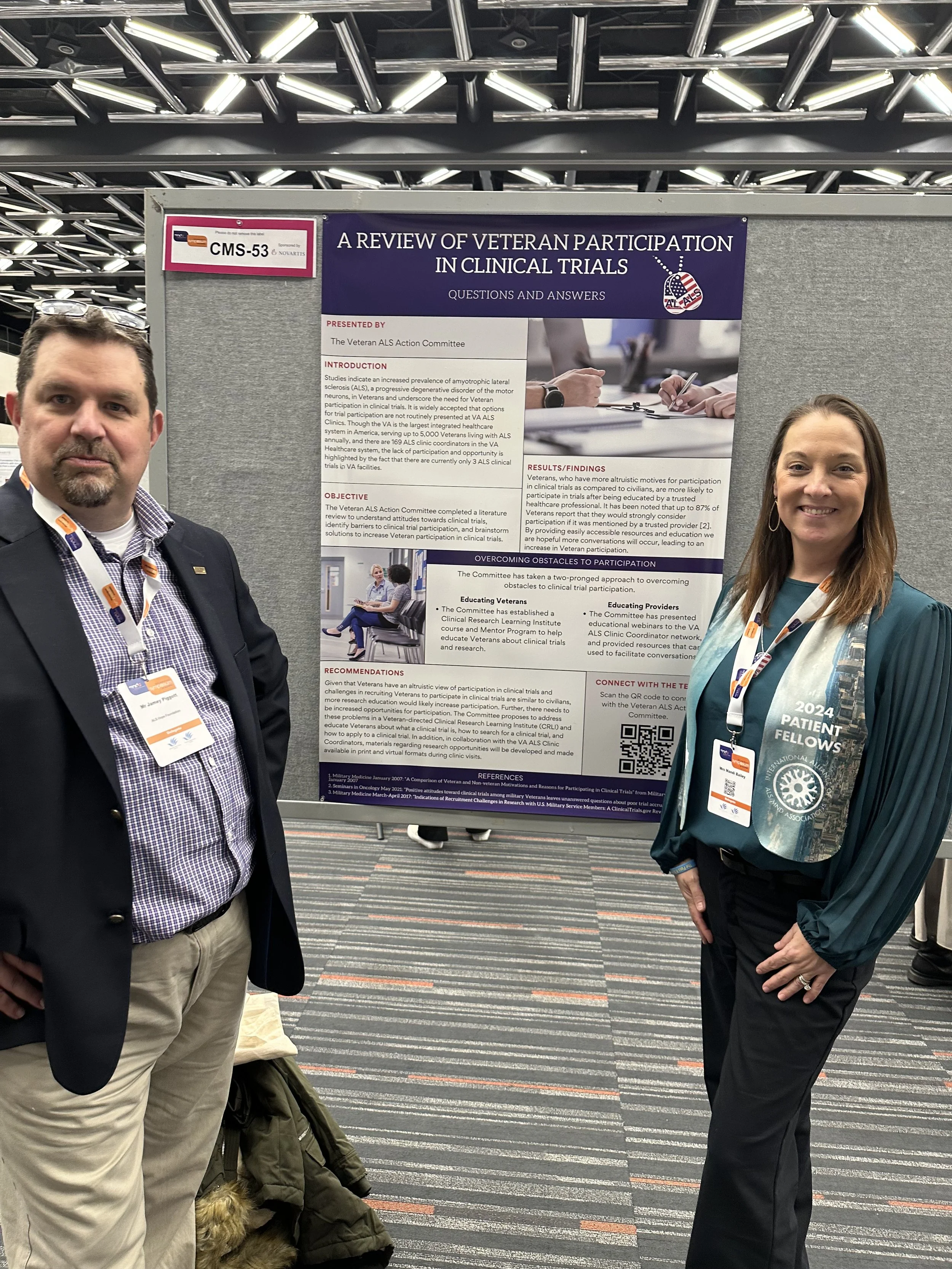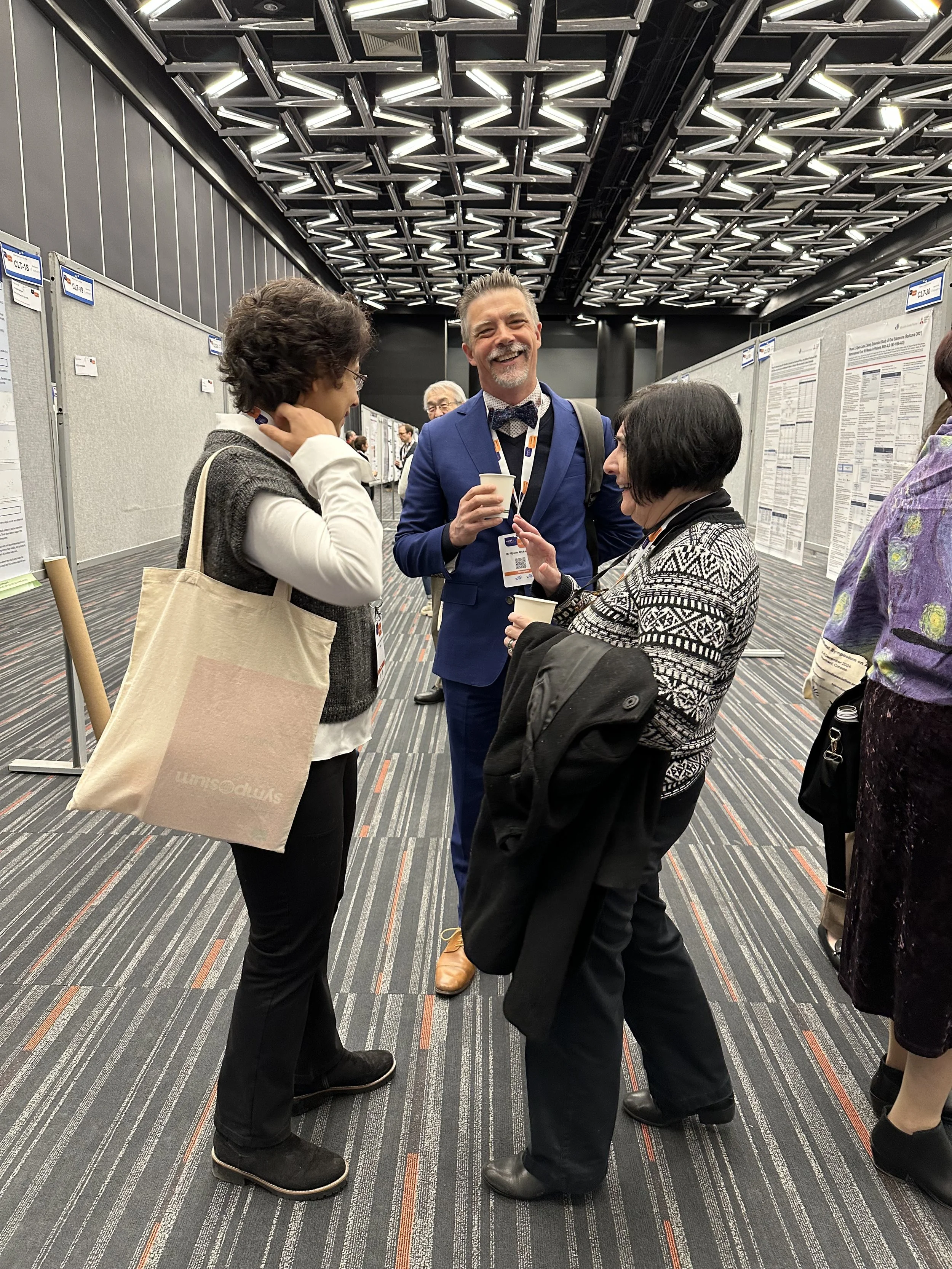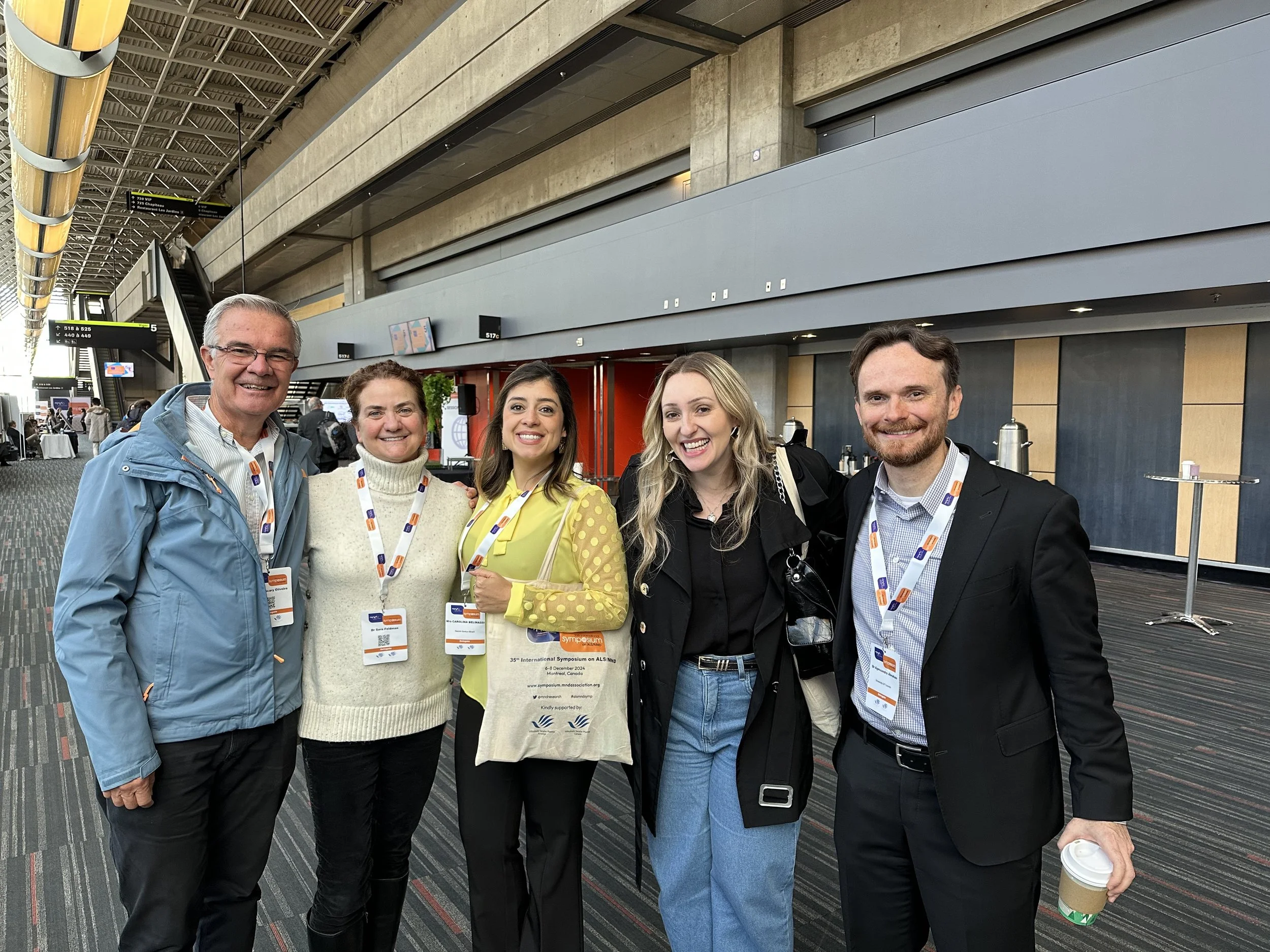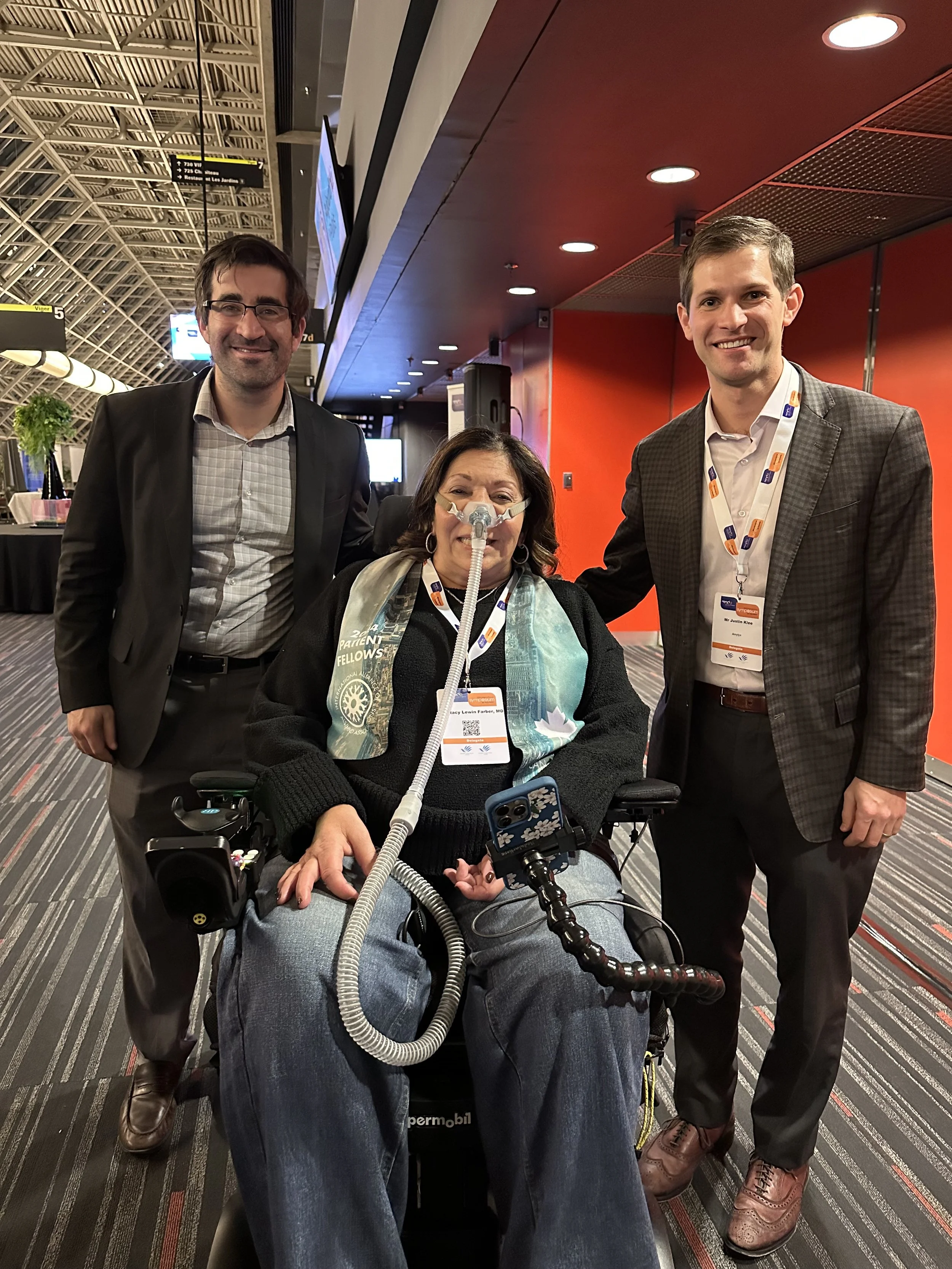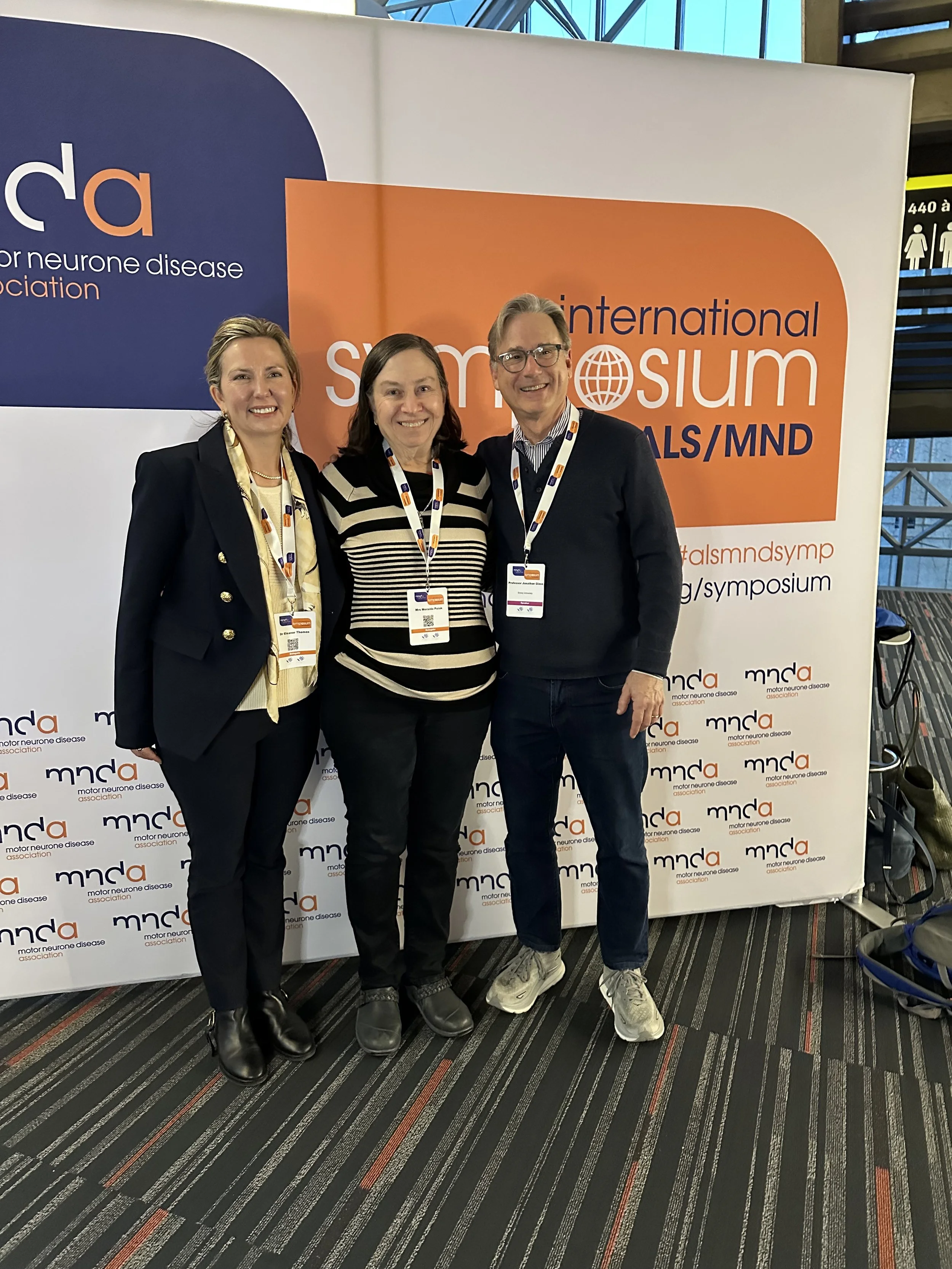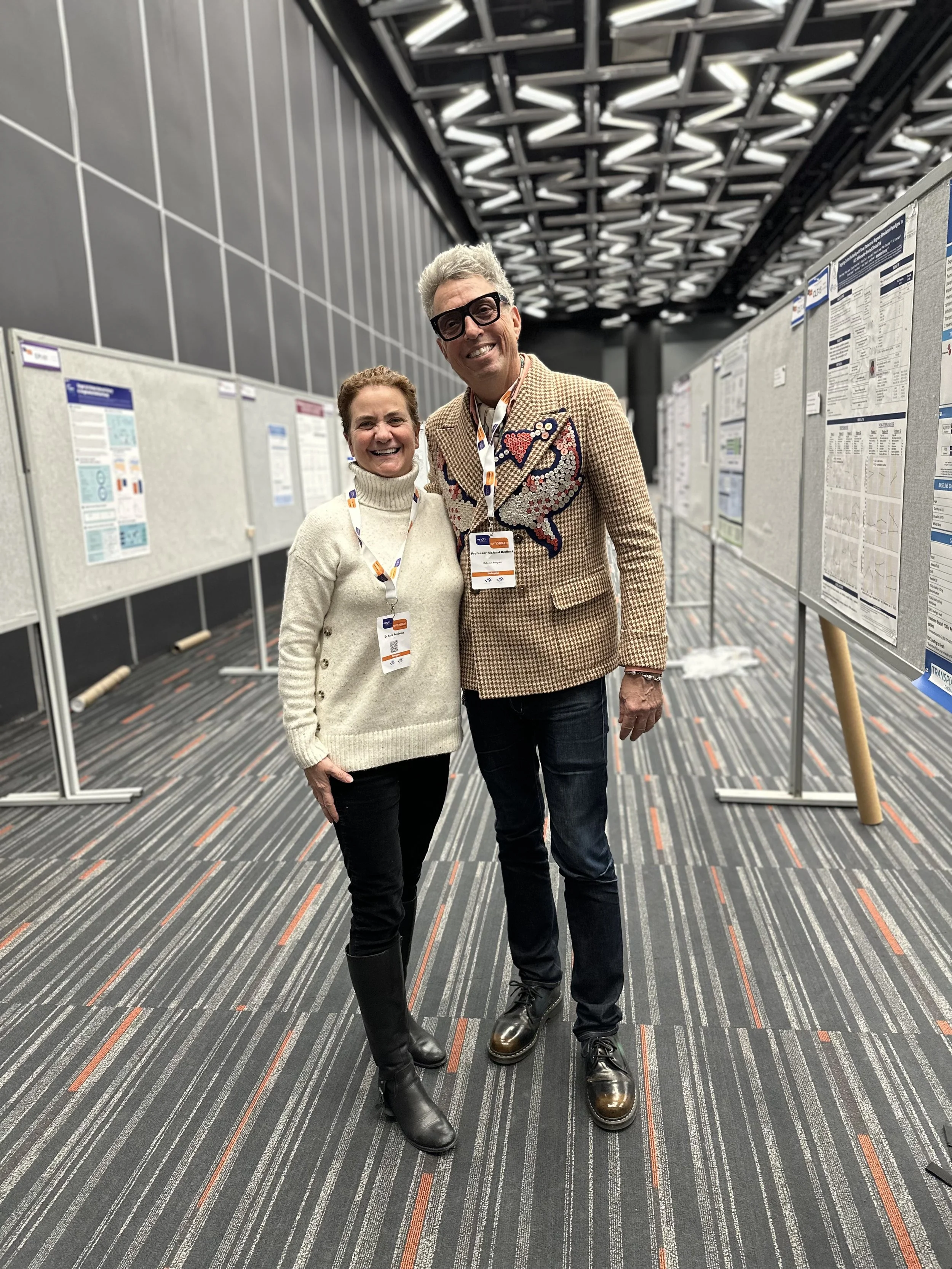18th Annual Hope Walks for ALS Family Fun Day
/Sunday, September 14, 2025 was a gorgeous day at Temple’s Ambler Campus, full of sunshine, love and hope!
What an amazing day for a walk, for meeting up with old friends, for making new friends, and for supporting an awesome cause!
Because of you, we raised over an astounding $163,000 to support ALS research and patient care. Thank you to all of our teams, all of the walkers/rollers, all of our amazing volunteers, everyone who donated or provided a raffle item, and our sponsors!
We are so incredibly grateful to all of you!
This year, we had the honor of hosting Bob Spurrier as our Walk Chair. Bob is a retired owner of a Medical Device Company, a husband, a father, and a grandfather of three adorable grandchildren. He shared his story of his journey with ALS, the ALS Hope Foundation and the True North Men’s Group, reminding us of the importance of our mission and the impact of the support we provide.
“ALS has changed us in many ways, however, it will never define who we are.”
~Bob Spurrier
We have to acknowledge all of the amazing teams that signed up and showed up in force!! Special shout out to Team Always Loving Stacy and Team Spurrier! They battled back and forth between the top spot until the cutting of the walk ribbon. Team Always Loving Stacy took top Team in the end with Robert Spurrier taking top Individual. Team Pierson Powerhouse took third and had the largest team of walkers!
Members of our clinic team were present to express gratitude for the support received and to encourage all participants. Throughout the event, a palpable sense of hope contributed to an exceptional and memorable experience.
The event was filled with families and friends enjoying a roll or stroll through Temple Ambler’s beautiful gardens, fun activities and games for the kids, and raffles with amazing prizes.
We are so incredibly grateful to everyone who participated, donated, sponsored and volunteered. Your unwavering support makes a real difference in our fight against ALS. Together, we can make a difference and bring hope to those affected by ALS!!
To see more photos from the day, please check out our album on Flickr!
